All Heart In Genoa
All Heart In Genoa
Ascending like a concrete serpent from scenic mountain passes perched high above, the cyclone of road that leads into Genoa does not adequately prepare you for the imposing metropolis that waits below. Unlike other major ports of call, the great city rises from the landscape like a giant pop-up piece, almost unreal in its audacious scale. Antique and contemporary structures converge to envelop the surrounding hilltops, shielding the seemingly endless cauldron of activity that bubbles below from the rest of the encroaching world. Where once there was incomparable greatness, Genoa remains fiercely steadfast in repelling any attempt to subjugate its majesty. Whether evidenced by the breadth of its environs, the industry of its port or by its astonishingly well preserved historic core, the city is a pulsating, aggressive reminder of everything it has always been and everything it will continue to be – Genoa “la superba.”
A powerful and ancient maritime republic, Genoa’s vast empire once spanned north to the Alps of Switzerland, east to France and west to Lake Garda. An almost mythological powerhouse of ingenuity, nautical might and discovery, the city’s progeny have been profoundly impacting the course of world history since the 1200’s when the city’s emerging feudal system became a veritable chess match between rival families. But like the sea itself, Genoa was uncompromising and unruly, with not one single family every able to exude complete domination over the city. Years of internal rebellions in Savona and Ventimiglia, and external enemies like the Saracens, Pisans and Venetians, toughened the people of Genoa and only fed their fierce defiance against unification. In 1298 at the battle of Curzola, Genoa defeated the mighty republic of Venice under the leadership of Lamba Doria. A staggering 7,400 Venetians were captured and imprisoned for over four years, one of which was the legendary explorer Marco Polo. Old blood rivalries would be laid to rest in 1381 when the Peace Treaty of Turin cemented a truce between former rivals Genoa and Venice, and ushered in a period of prosperity for both Italy and Genoa itself, strengthening the economic power of its port. During this time, Genoa would develop perhaps one of its greatest contributions to human history through the founding of the Bank of St. George in 1406. The bank is credited with inventing the origins of modern banking, which serviced Genoa’s financial and savings needs through such endeavors as loans and the concept of accrued interest. It was also during this time that blue jeans are believed to have originated in Genoa. The old French phrase “blue de Genes”, translated as “blue from Genoa”, is supposed to pay homage to the fabric’s birth in 15th century Genoa. The fabric was used for boat sails, to cover cargo goods at the port, and was also said to have been worn by Genovese mariners at sea. The golden age of Genoa was only further magnified through Columbus’s voyage to the New World when the city’s wealth increased to prolific heights as a result of the silver and gold brought back to Europe from the Americas. It is even said that Christopher Columbus donated 1/10 of what he discovered in the New World to the Bank of St. George and the city of Genoa. Columbus’s exploits also further signaled the strengthening of Genoa’s connection to Spain, with the city becoming a satellite of the Spanish Empire in 1528. The relationship proved fruitful as many of Genoa’s already prominent families like the Balbi, Doria, Grimaldi and Pallavicini grew increasingly wealthy through the union. Genoa’s reputation as a hotbed of rebellion would only continue to be cemented through the birth of two of Italy’s most famous patriots, Giuseppe Garibaldi and Giuseppe Mazzini. The two revolutionaries would lead Italy from a country of independent nation states to a unified republic in the mid-1800’s.
Genoa remains today a center of economic and commercial strength in Italy. The city’s port is one of the most important in all of Europe, while its famed aquarium is only second to that of the one in Valencia, Spain. Genoa is also the proud home of the largest medieval historic city center in Europe and Le Strade Nuove, a series of opulent palaces built during the 16th and 17th centuries and famed for their impact on Genoa’s diplomatic relations with the rest of Europe. The palaces were honored as a UNESCO Heritage Site in 2006. Renzo Piano, a native of Genoa himself, is credited with successfully executing renovations to the historic core in 1980. In line with Genoa’s legacy of ingenuity, Piano also designed the epic “Bolla” structure at the city’s ancient seaport, a tropical biosphere with an internal system of sails that shift with the movements of the sun.
The seasoning of time has only enriched Genoa and made it a tantalizing delight for all who visit. Navigating the cobbled streets and darkened passageways of the city’s antique center is to traverse a perfectly preserved grid of history, where old world sensibilities have been tempered by new world riches, colliding in the vibrant sights, sounds and smells that permeate the atmosphere. As with any ancient seaport, Genoa is the type of place that keeps you on your toes, exhilarating and intimidating all at once. A fleeting shadow graces your periphery as a distant figure peers at you from deep within the recesses of an old piazzetta. The sound of footsteps echoes closer and closer just as the screeching of opening shutters high above pierces the palpable tension of your overactive imagination. But before anxiety can manifest into fear, Genoa’s sinewy, finger-like streets have flicked you into the sunlit splendor of a grand via lined with Baroque and Mannerist palazzos, seemingly to have materialized out of nowhere. It is a city with two distinct characters: mysteriously refined and playfully mischievous. Like an old school friend that pokes fun at you one moment only to listen to your secrets and fears the next, the city suspends you in fabulous uncertainty, and it is irresistible.
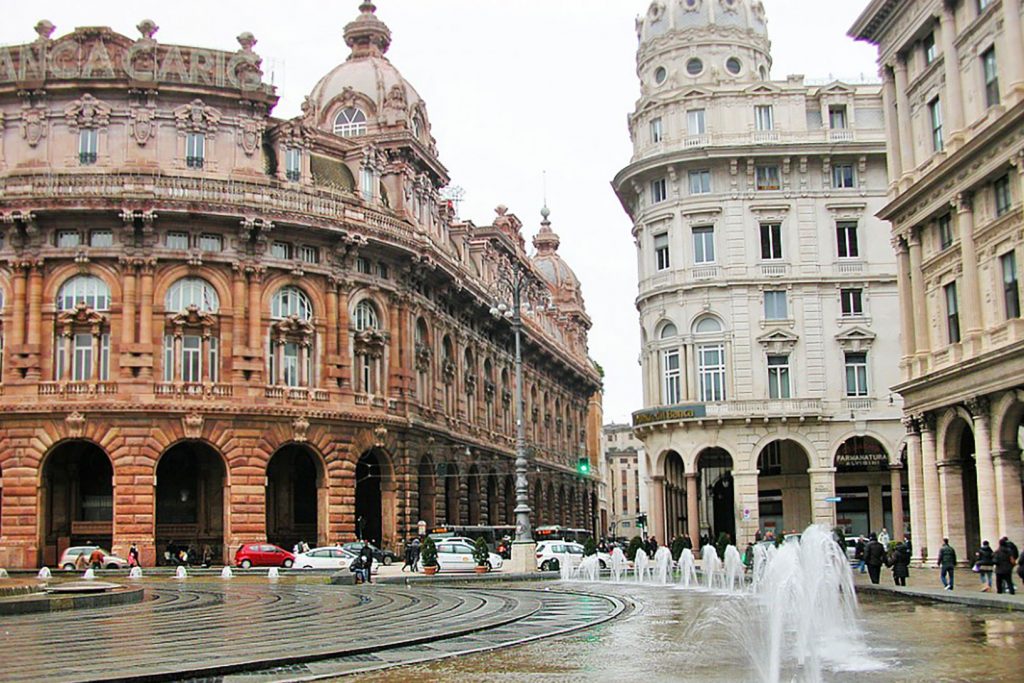
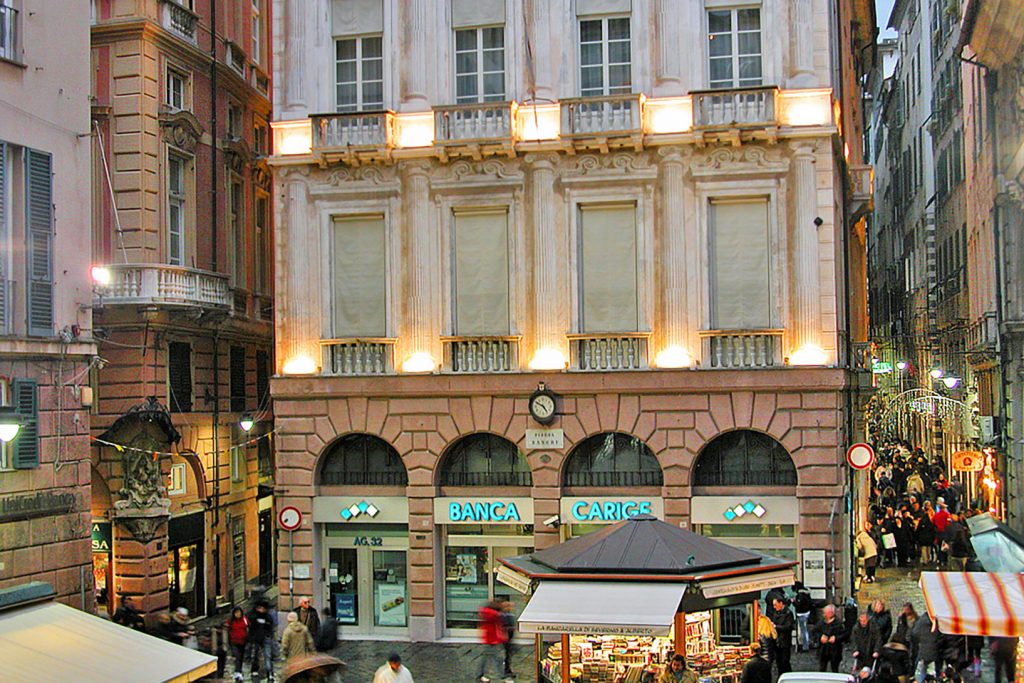


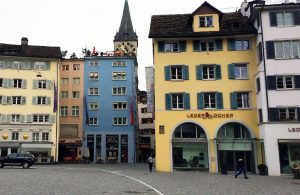
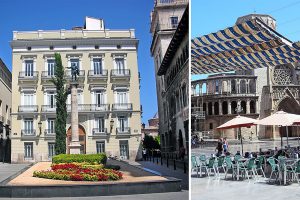
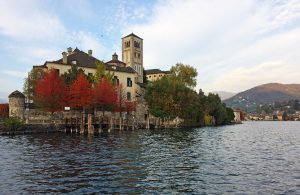
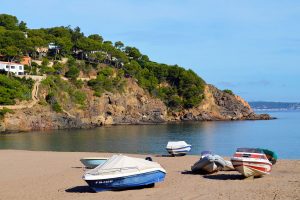
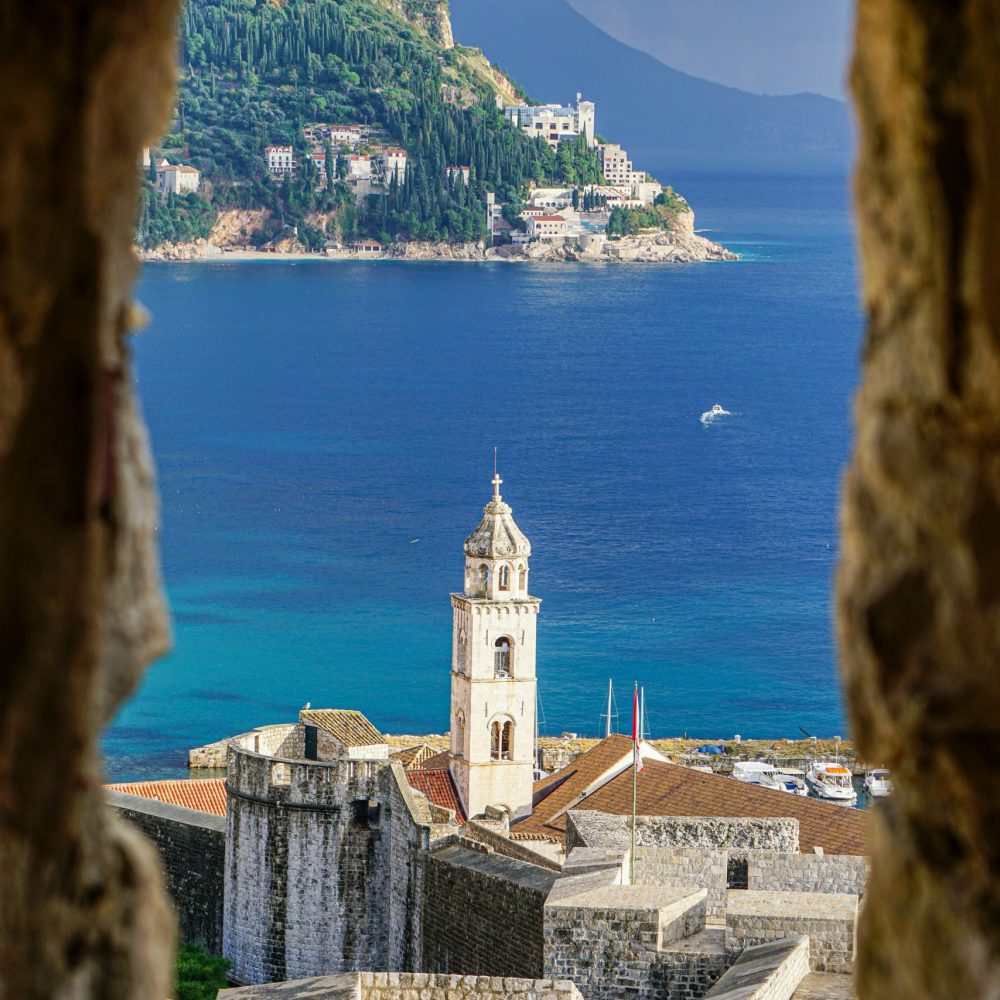
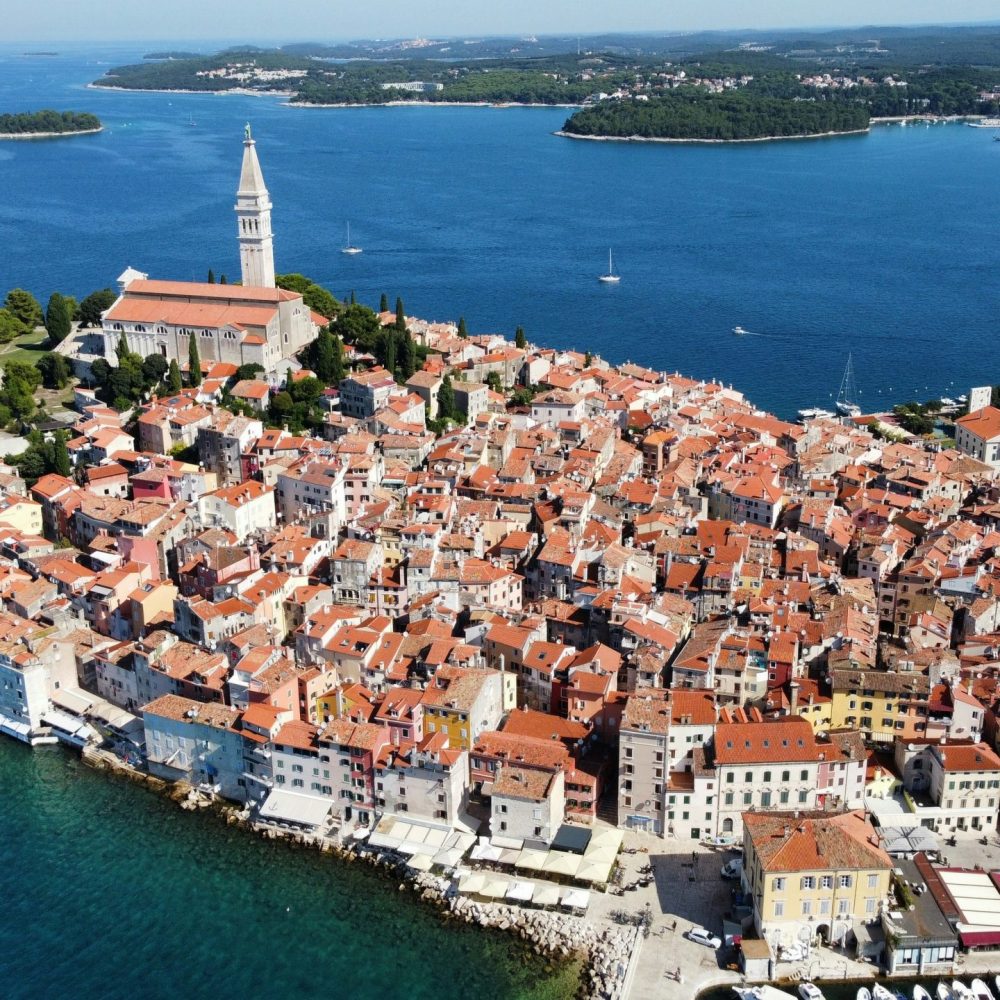
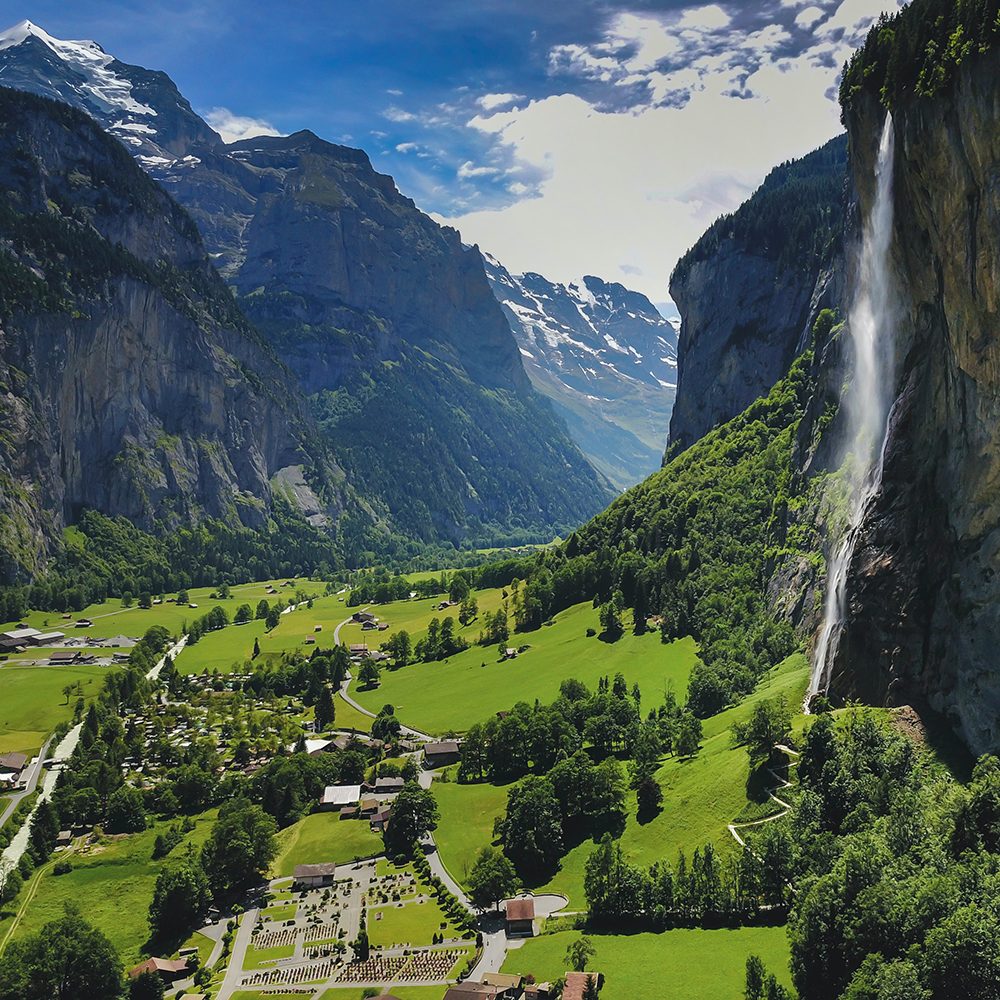
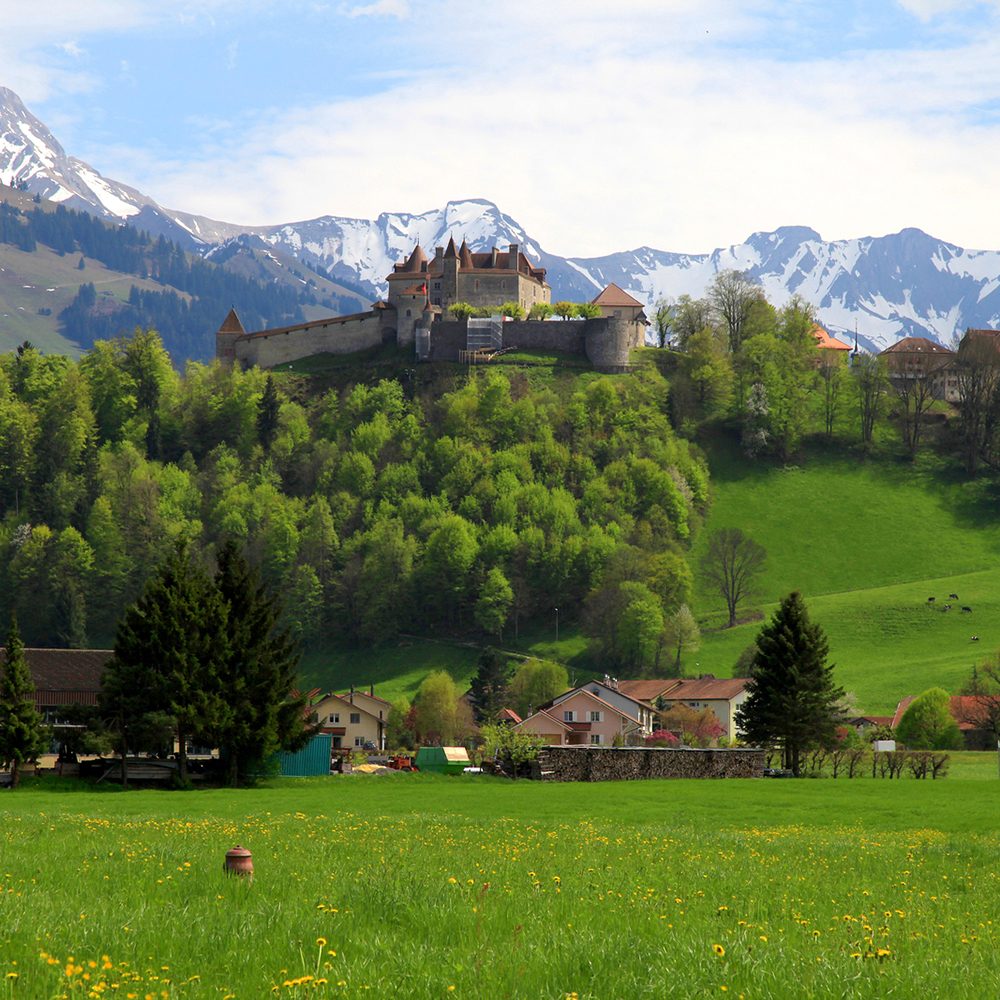
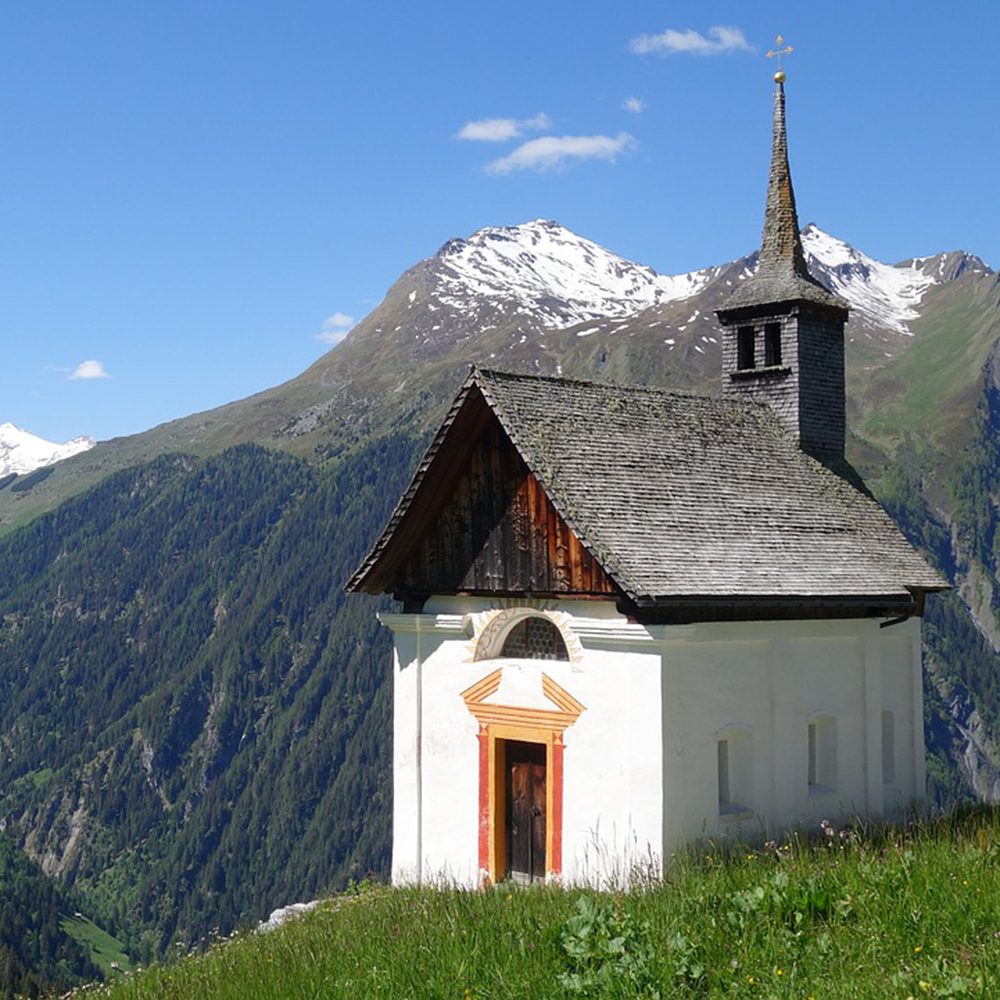
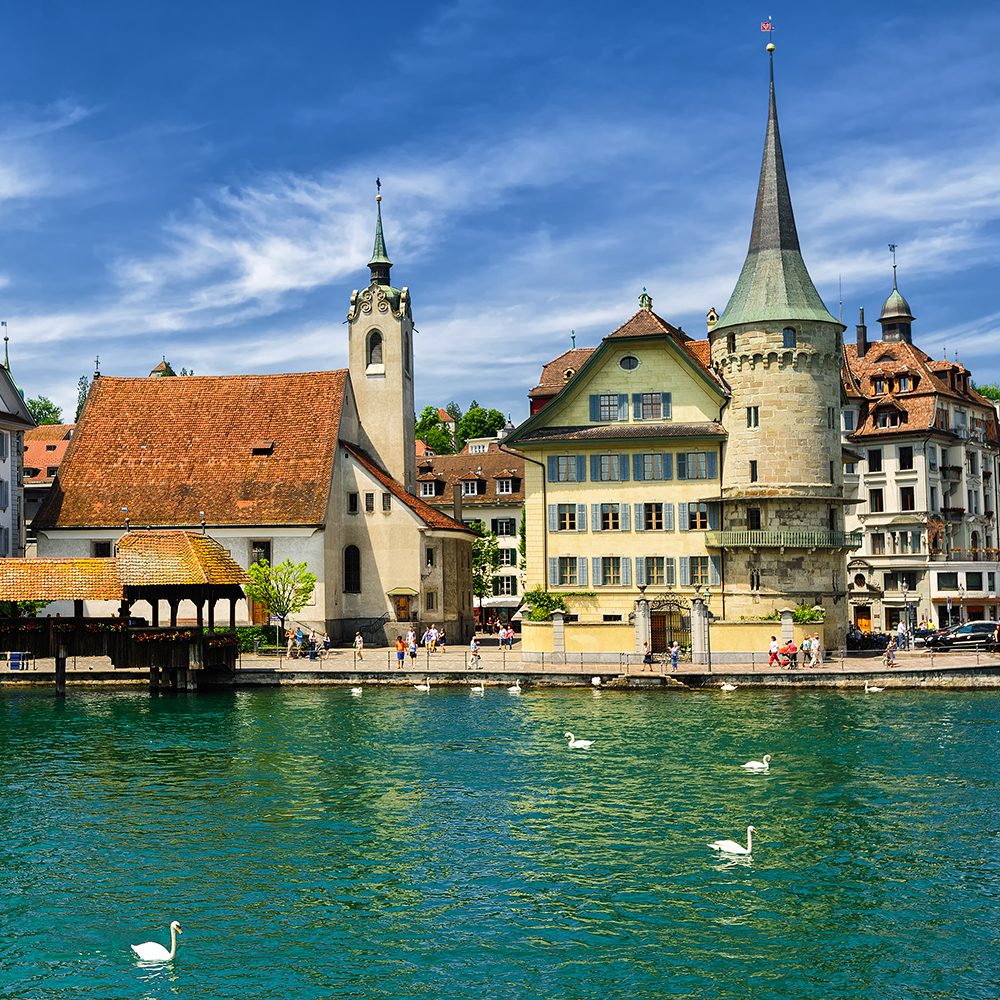
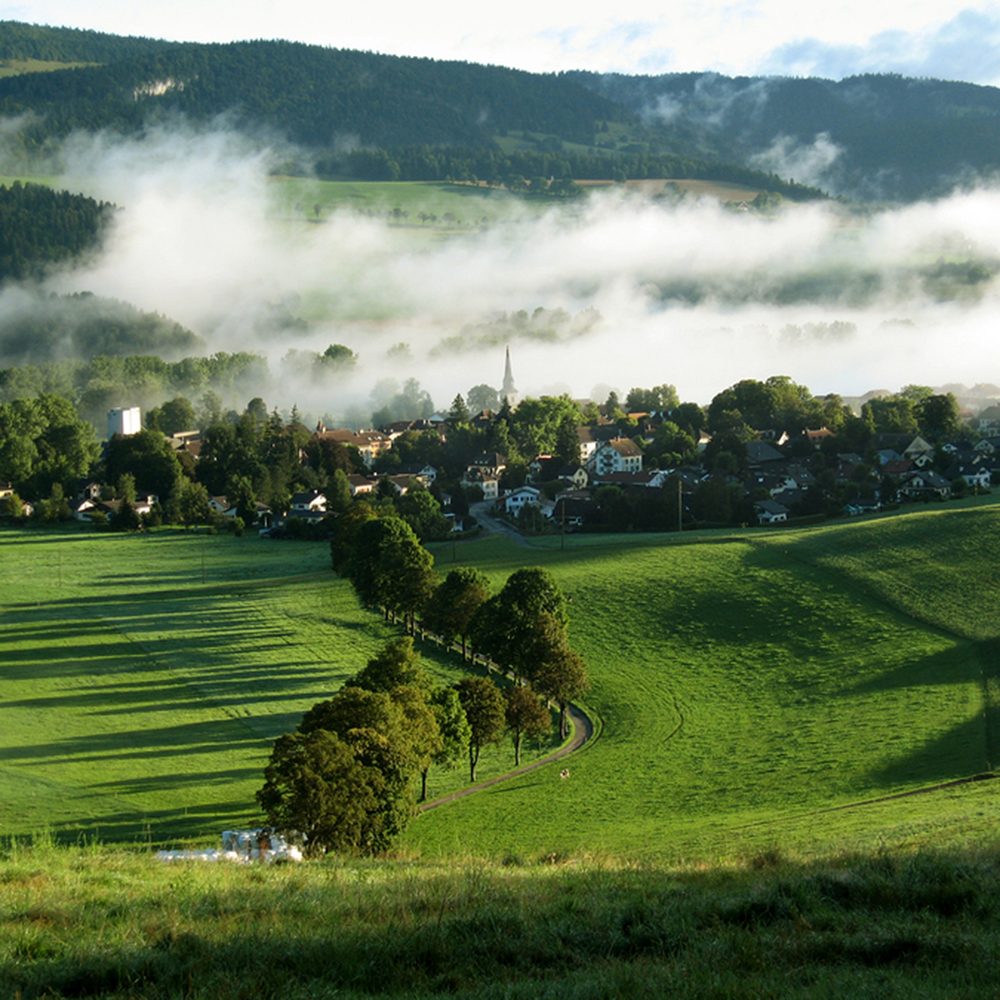
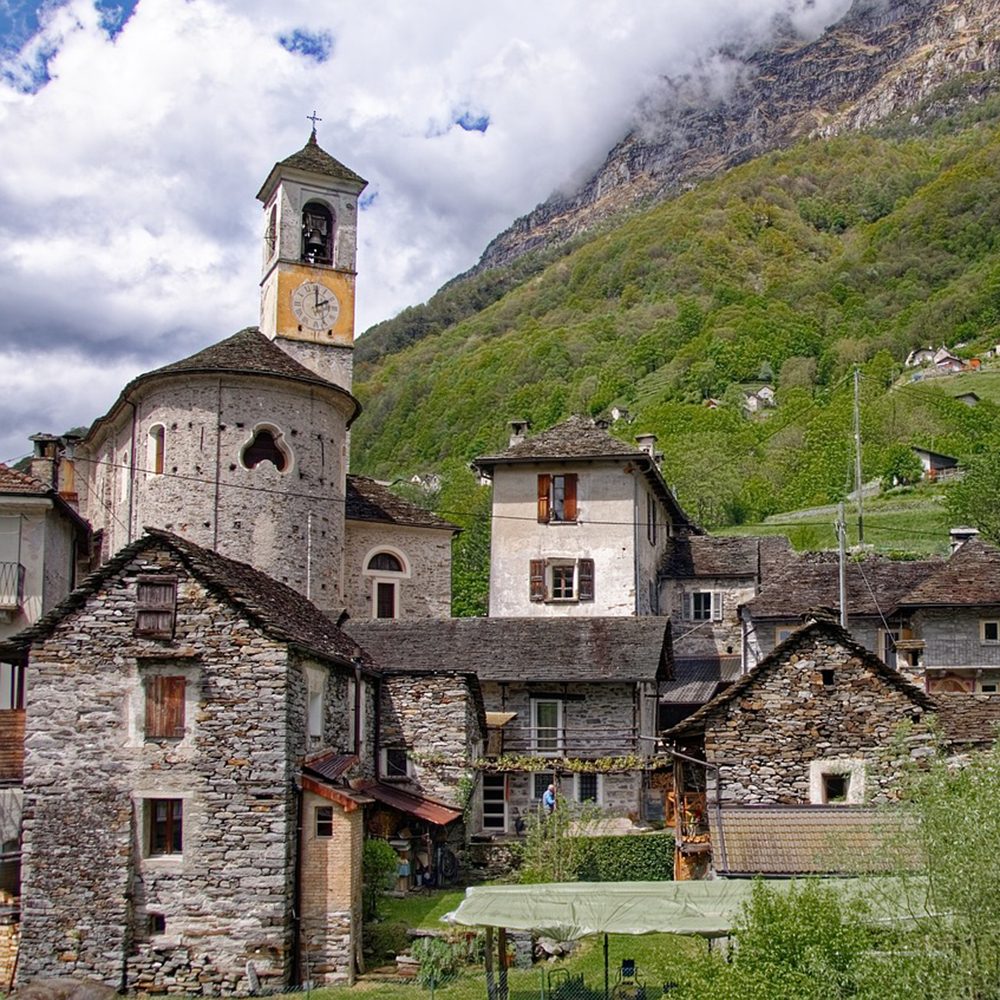
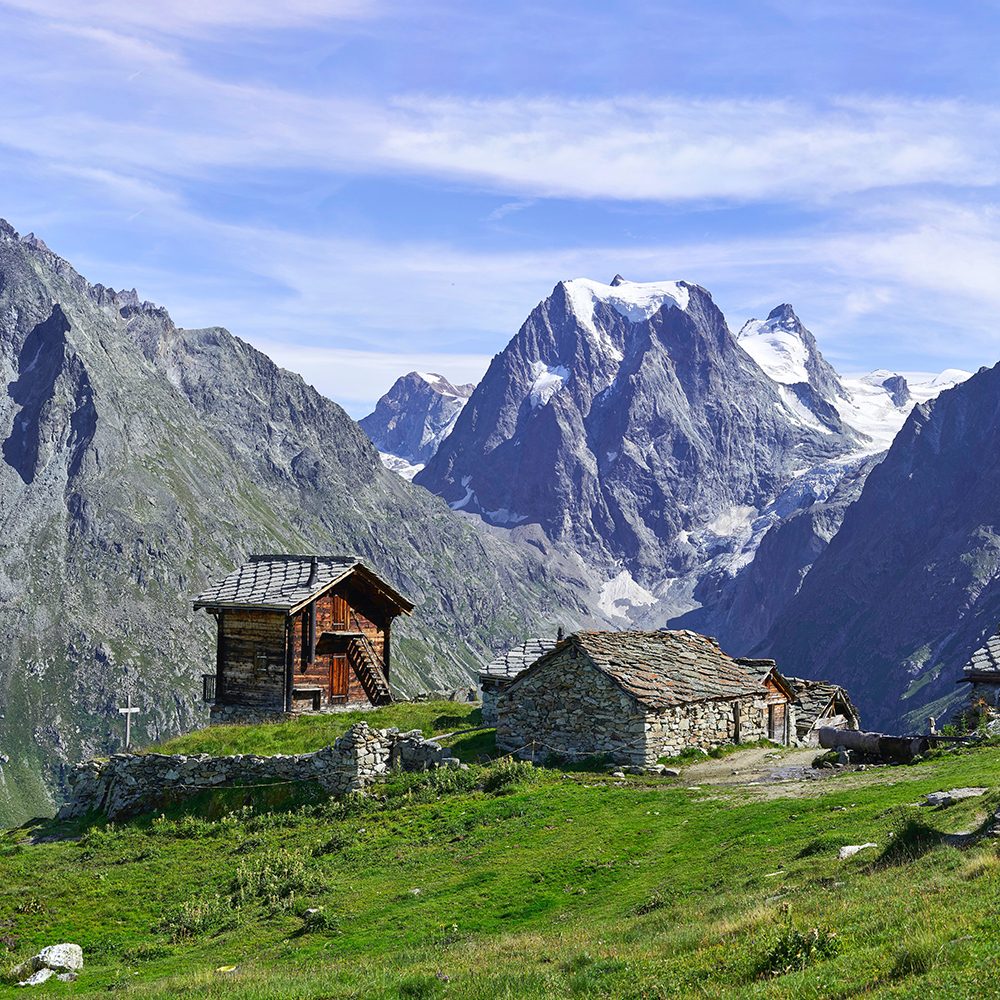
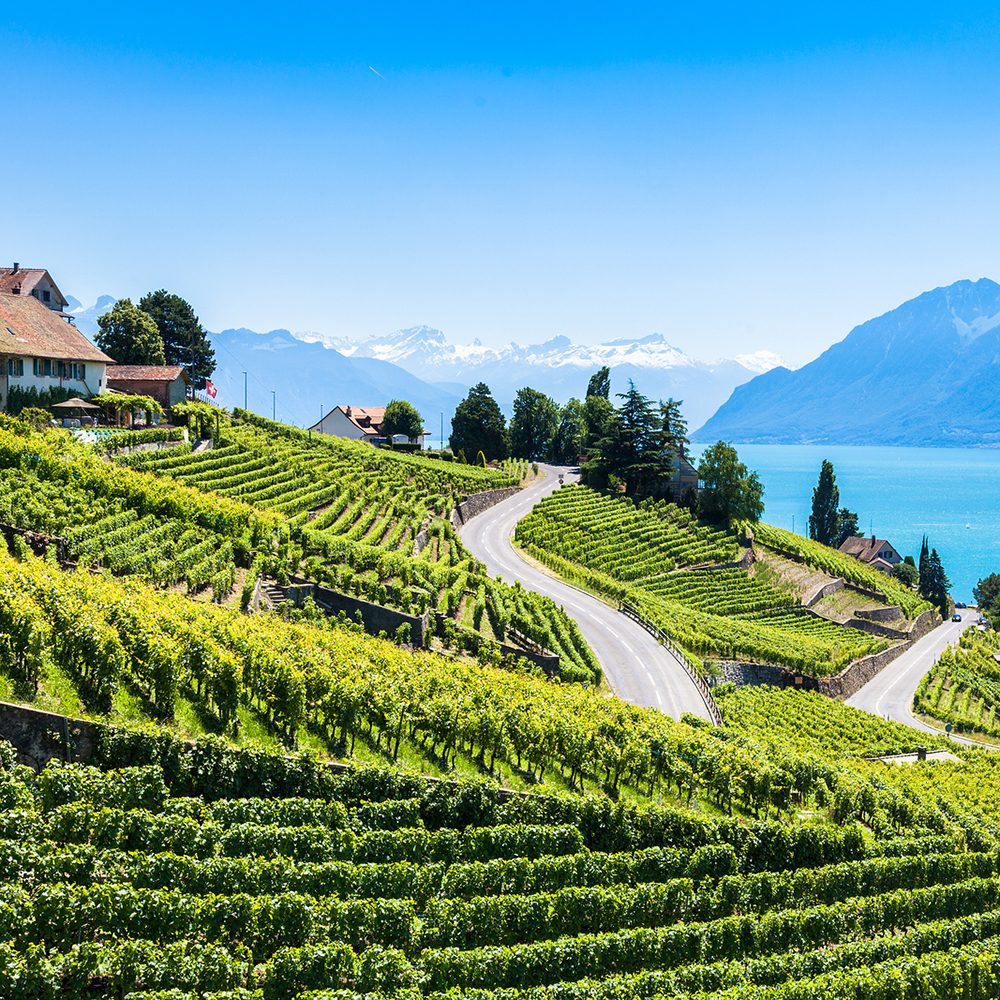
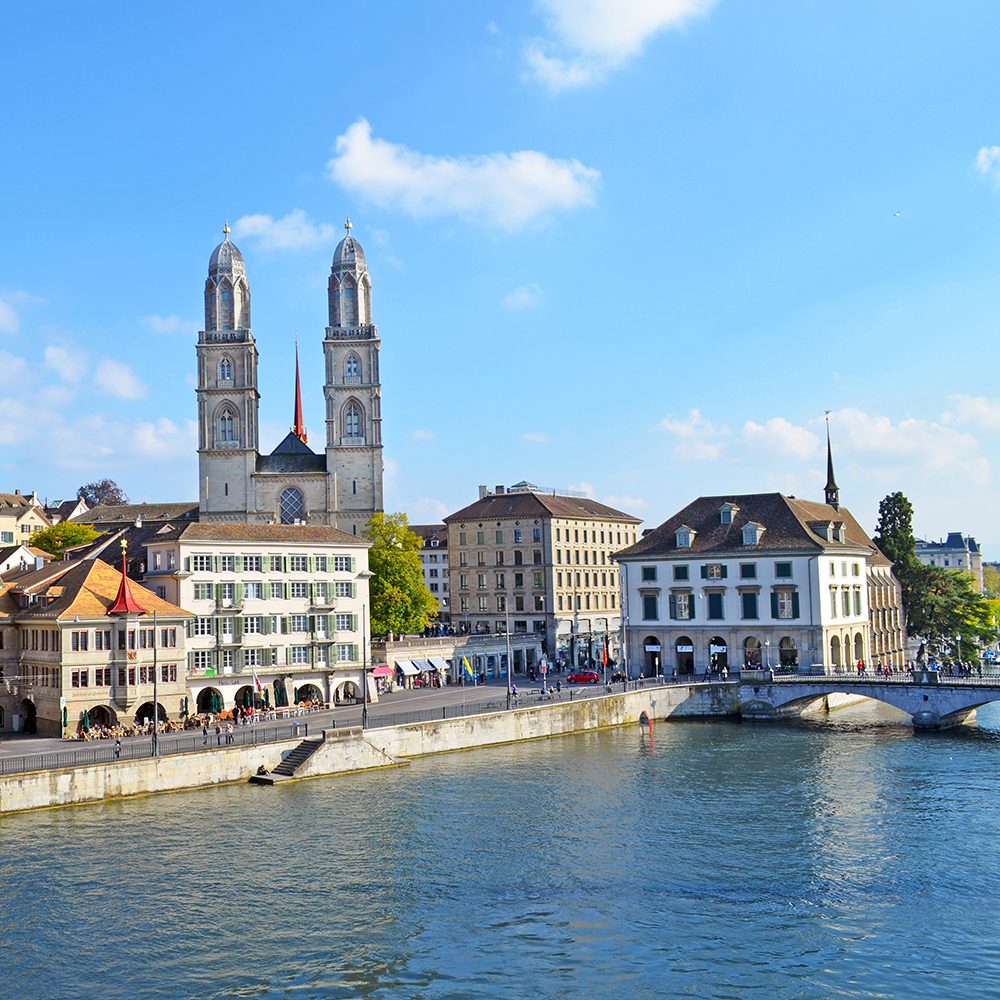
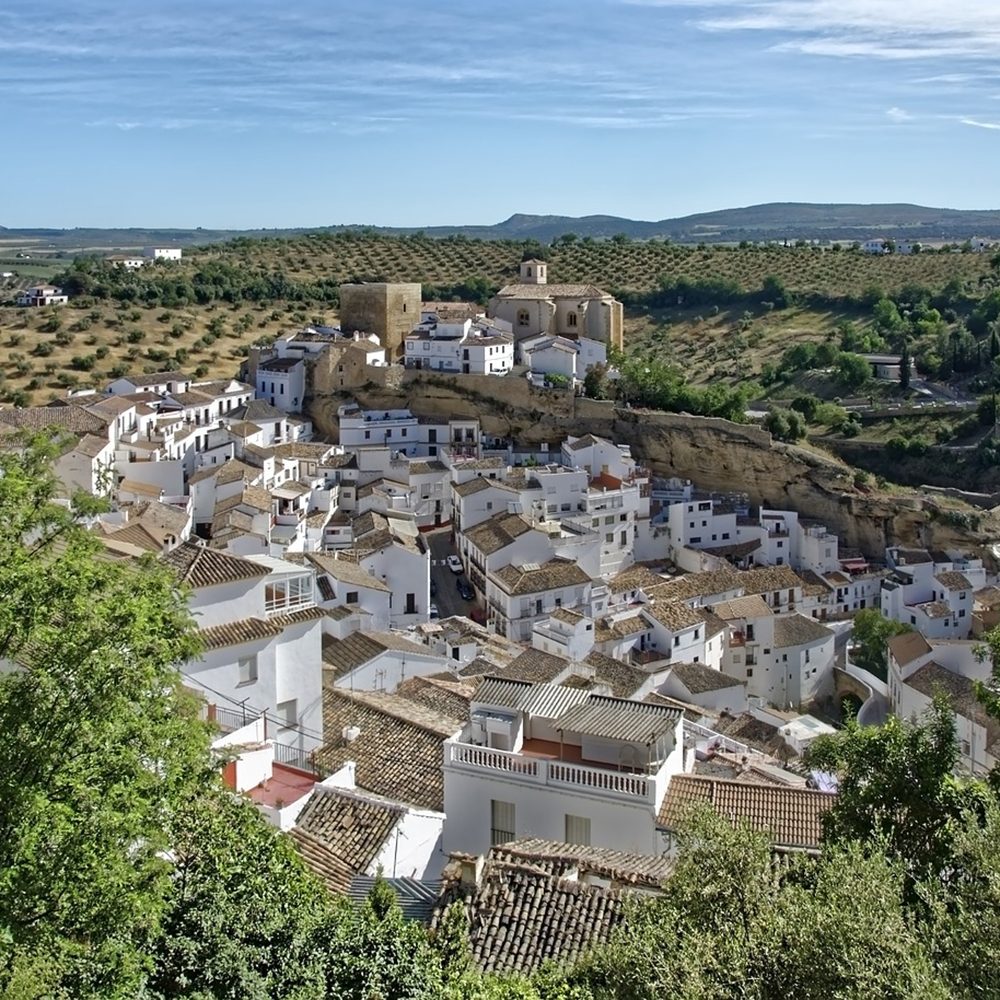
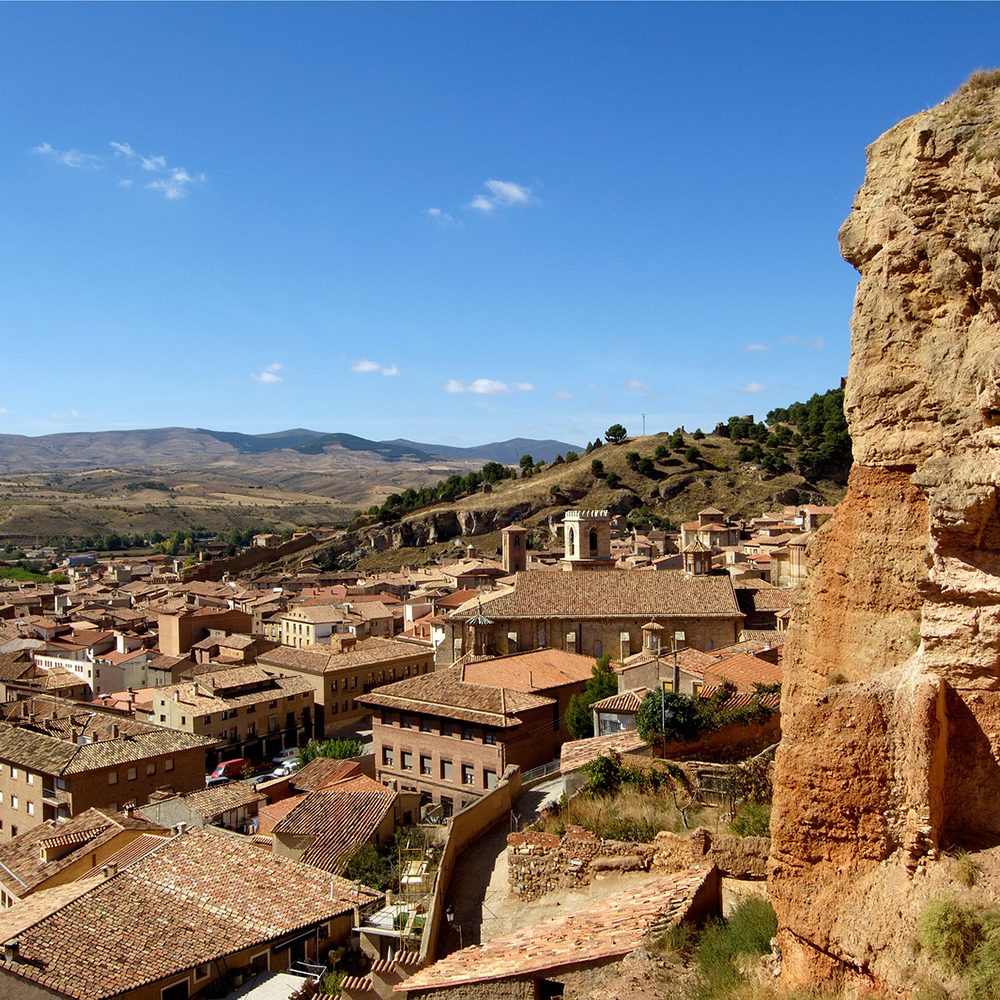

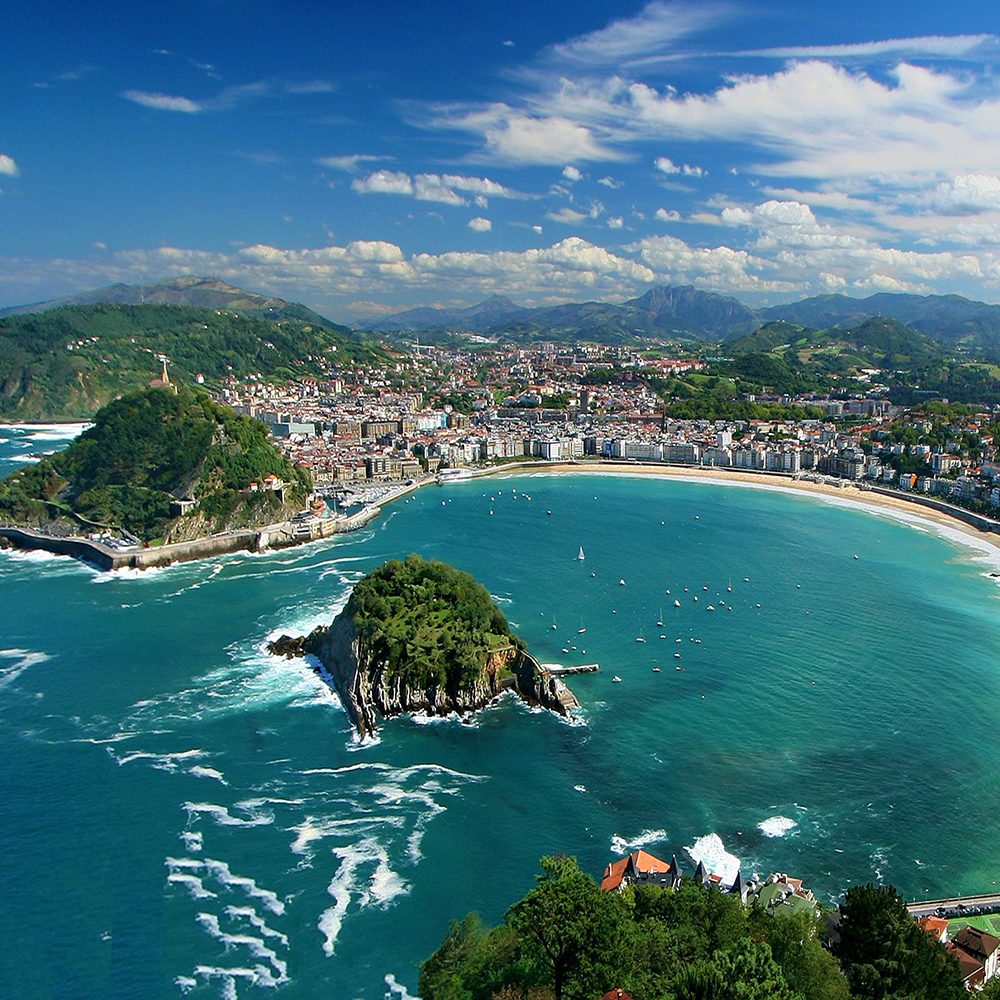
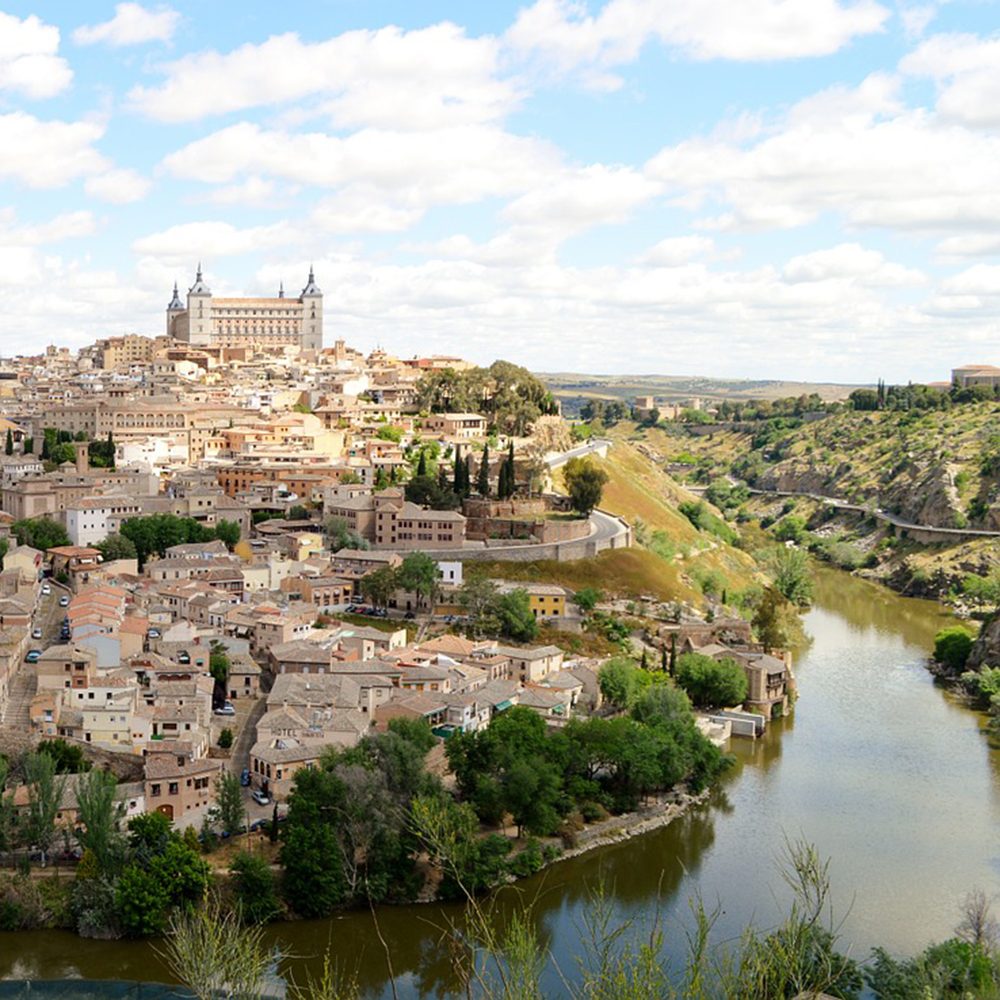
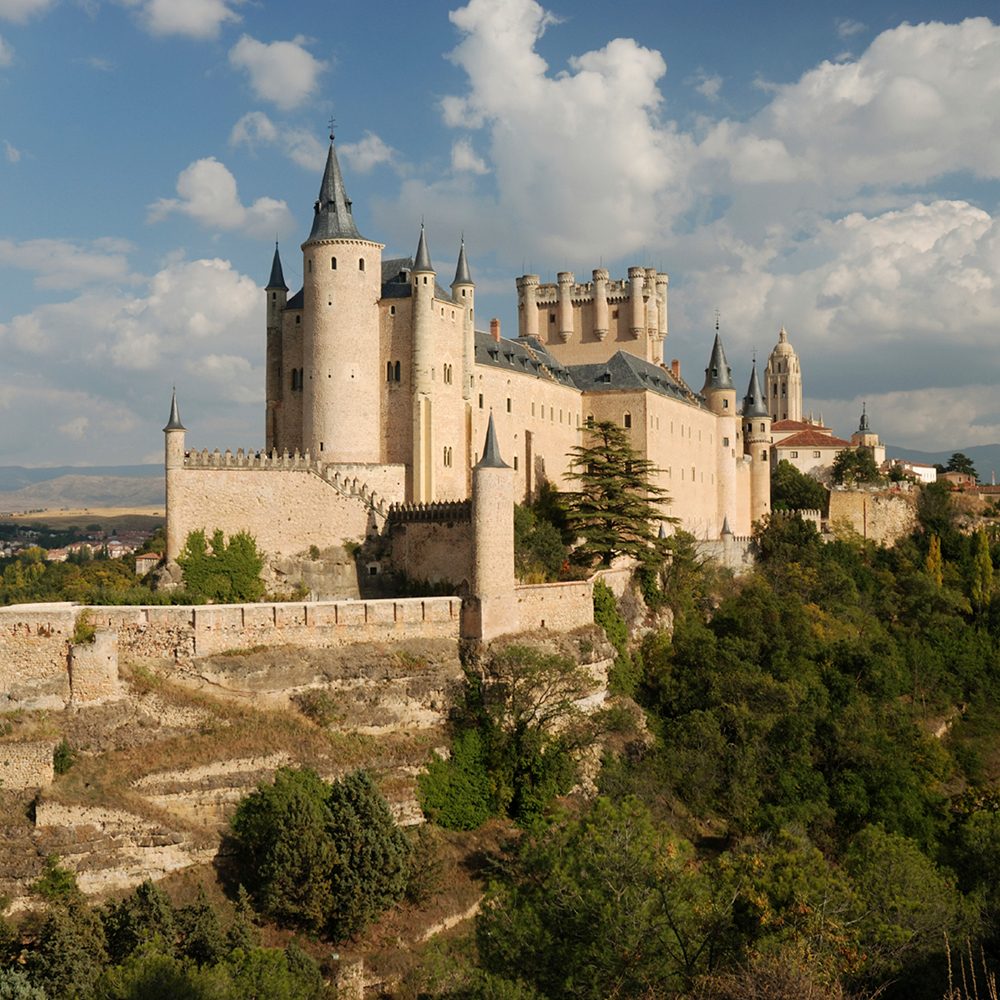
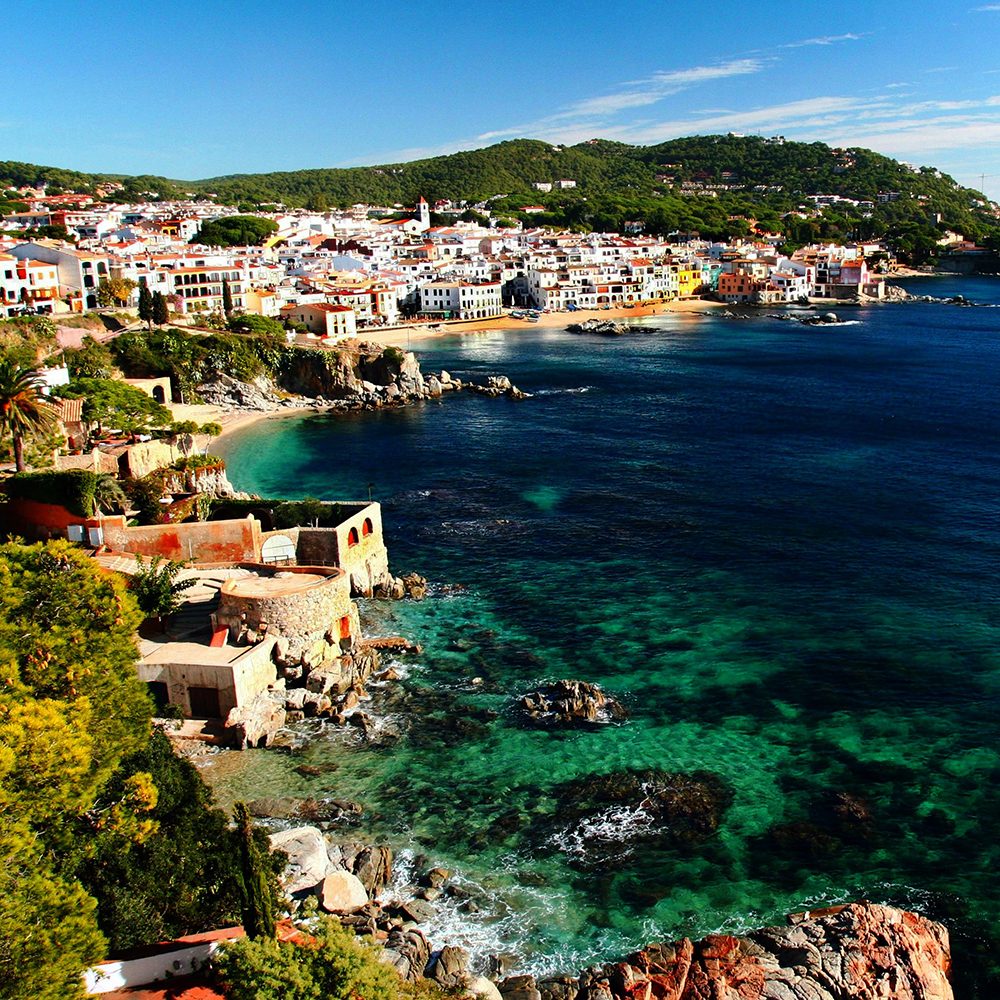
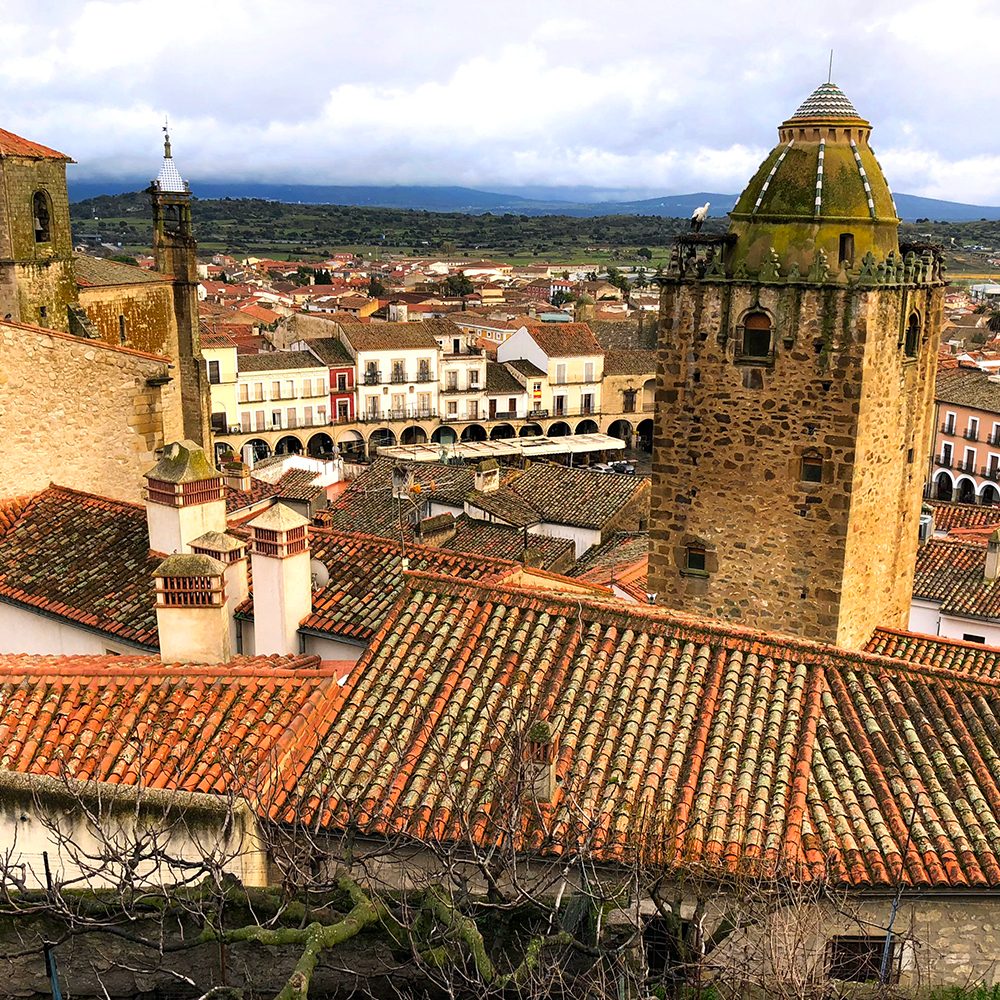
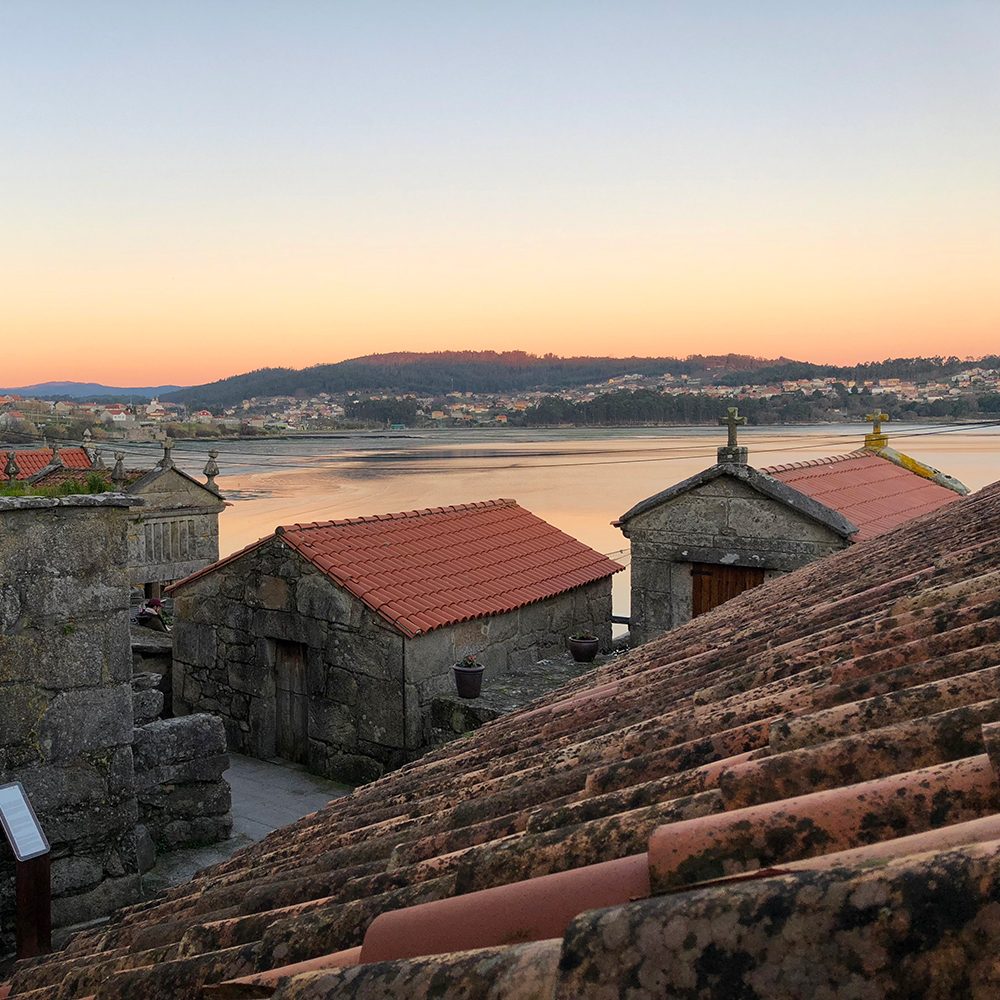
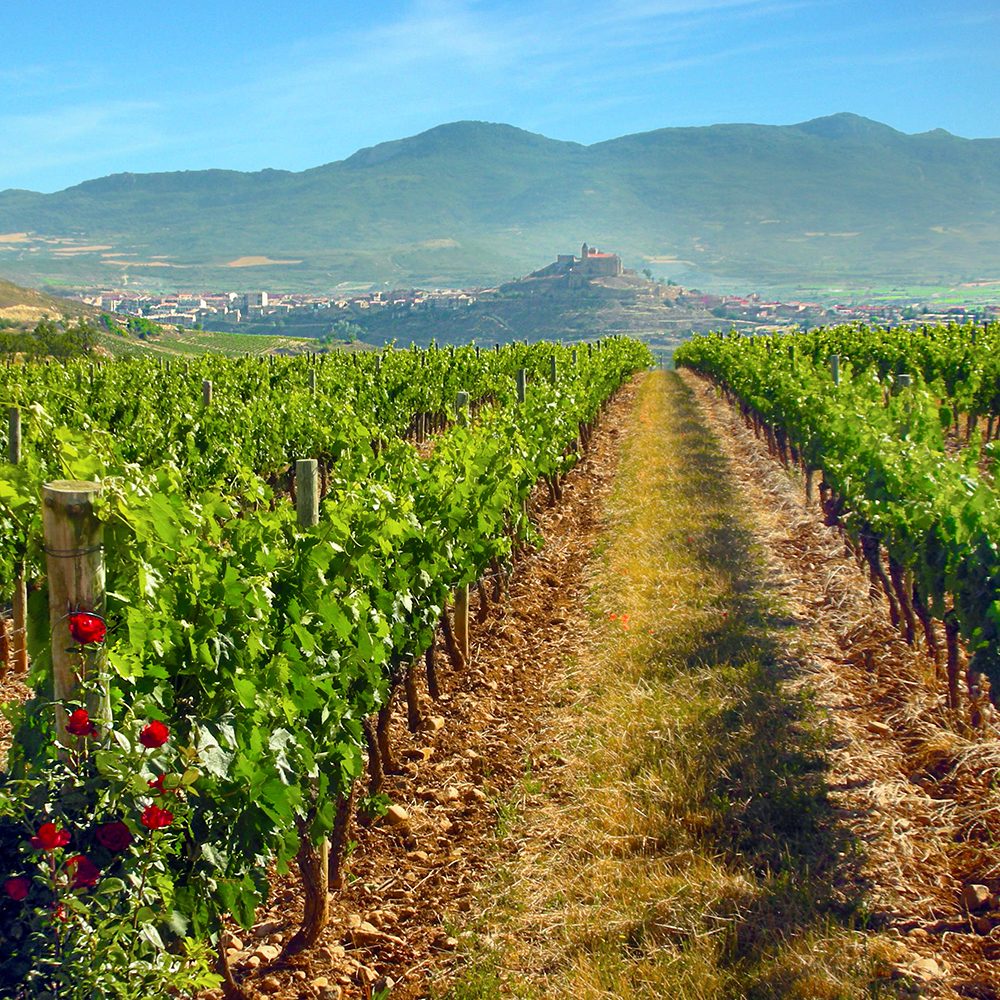
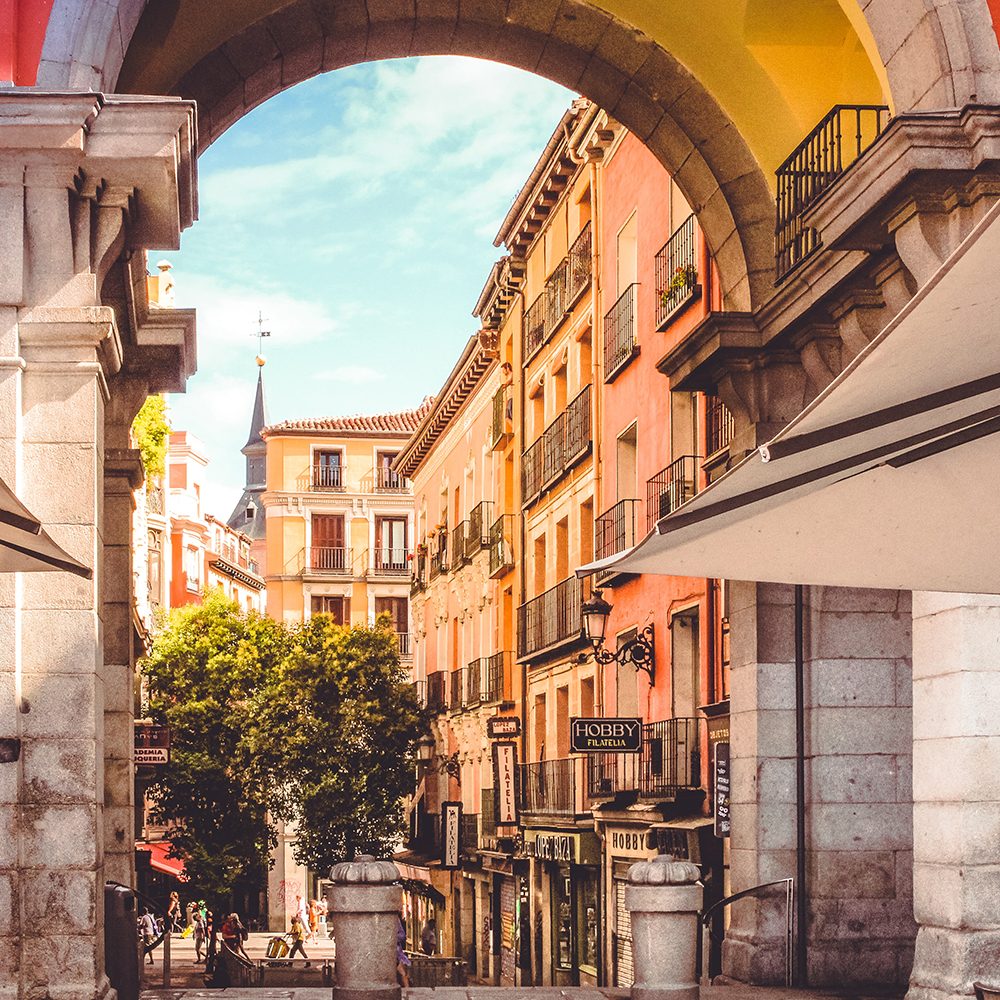
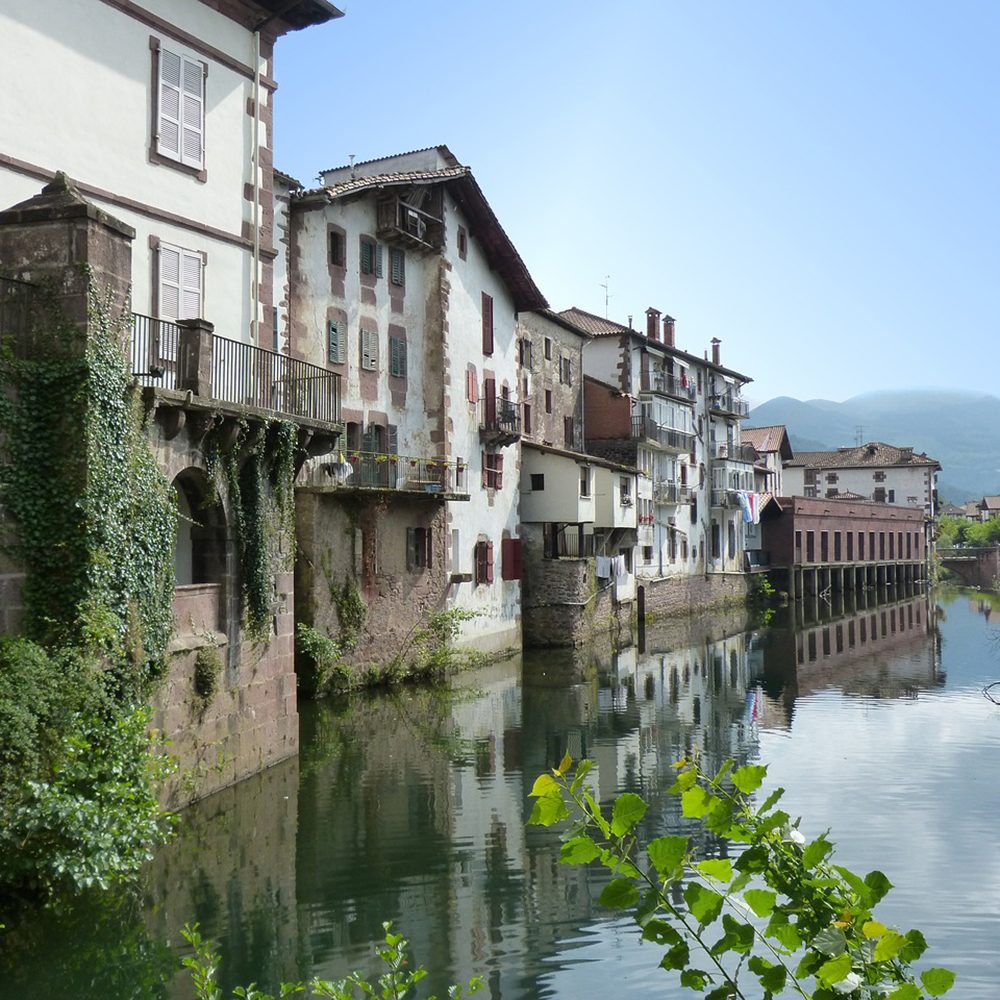
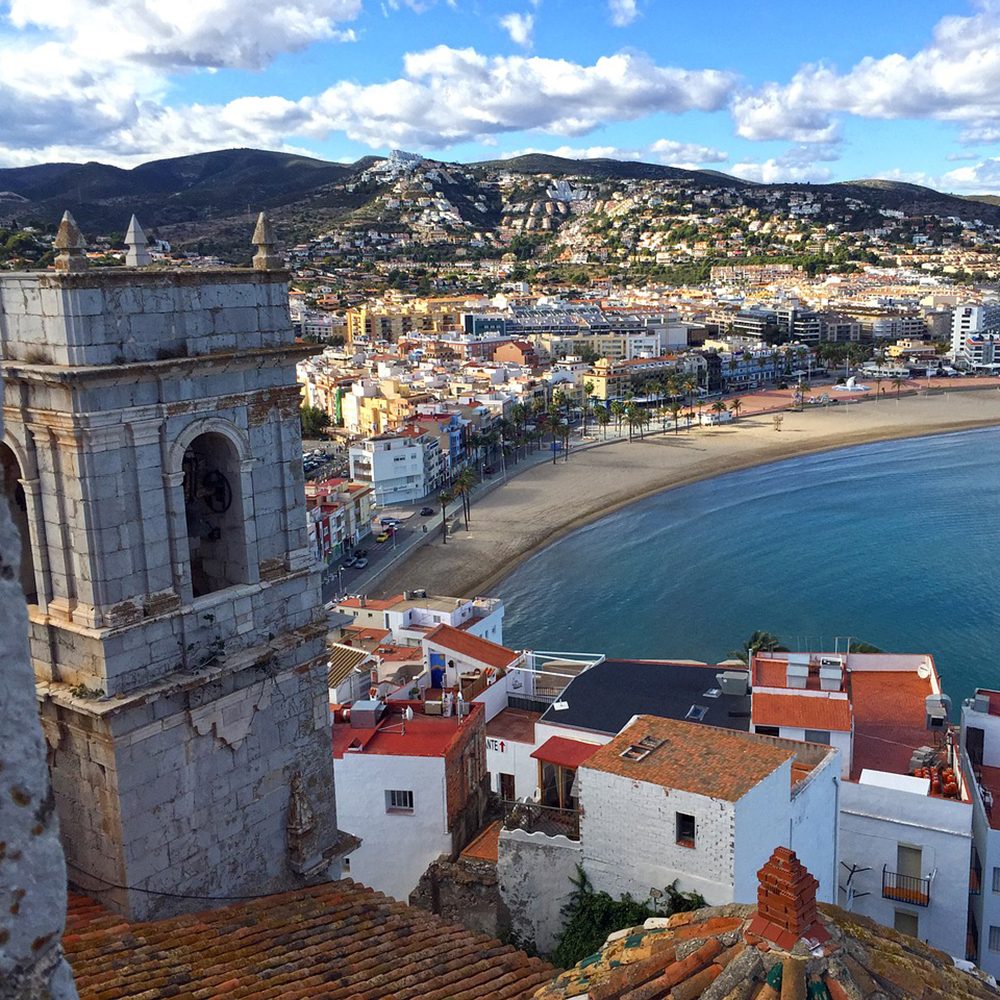
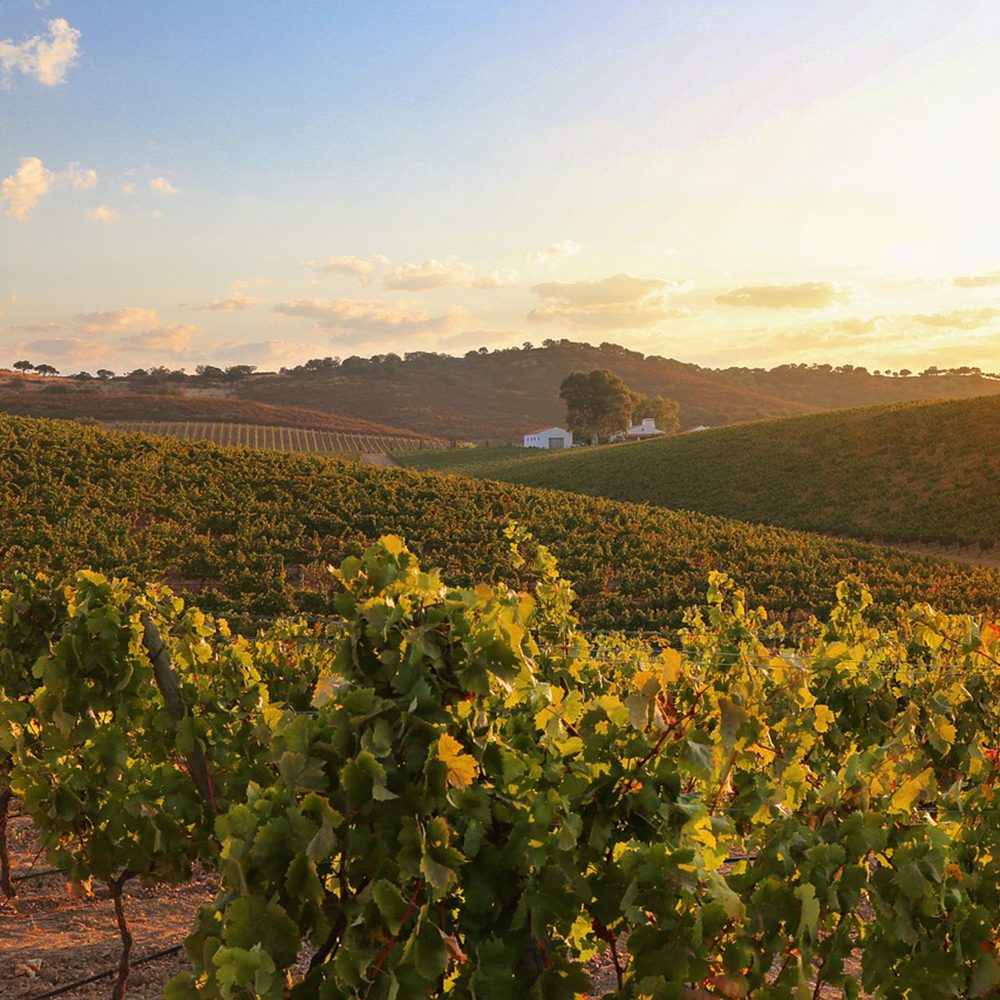
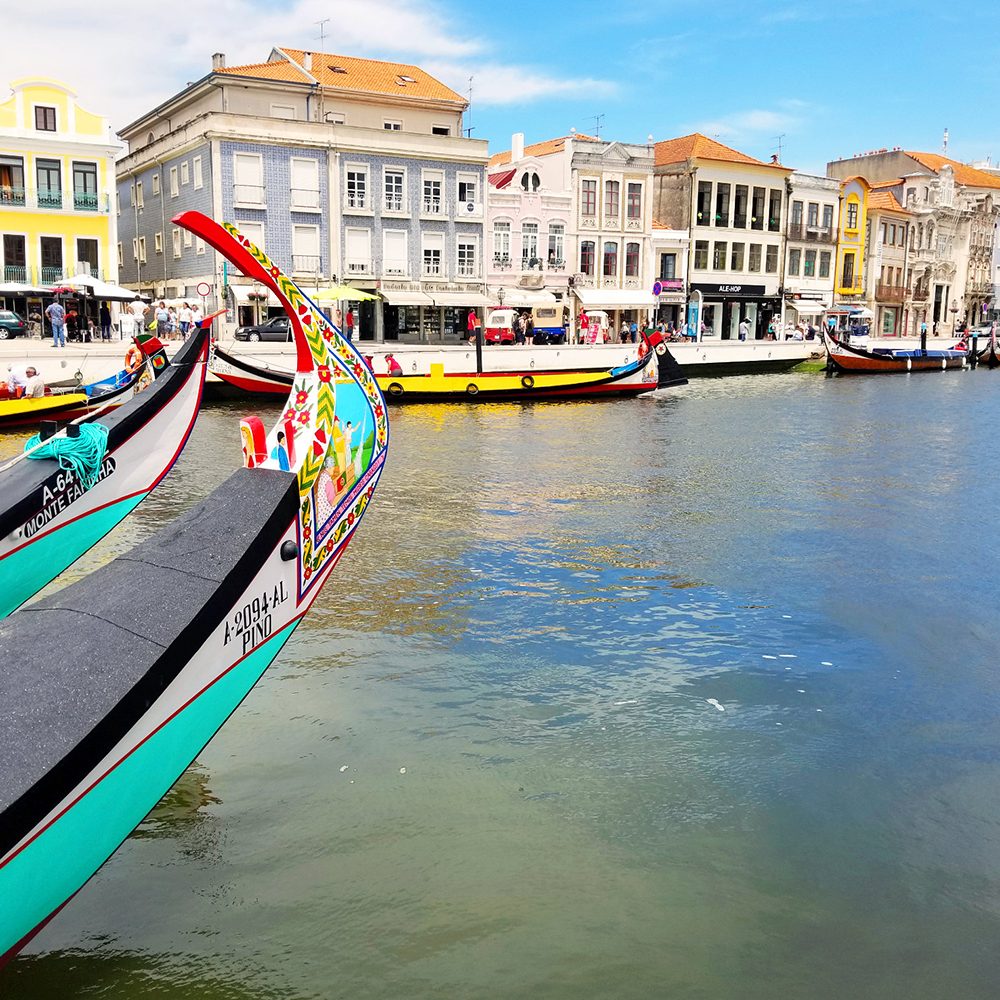
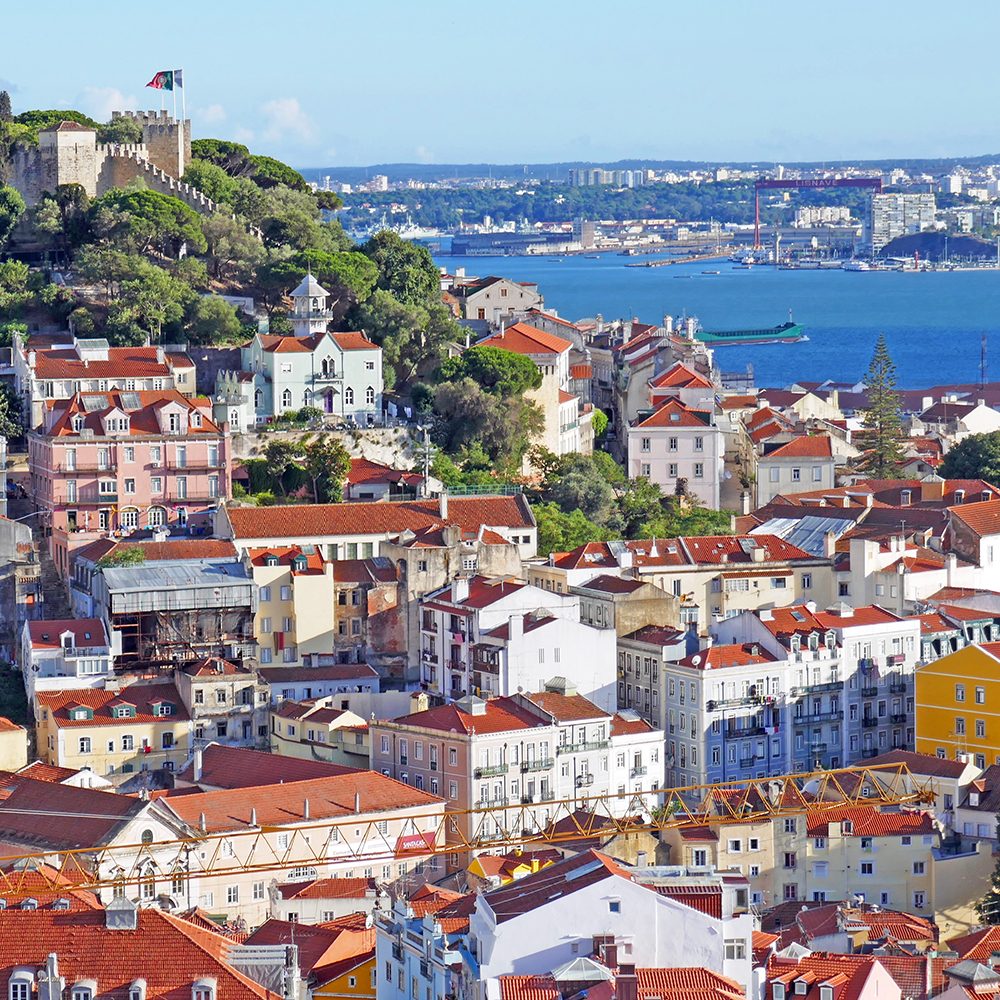
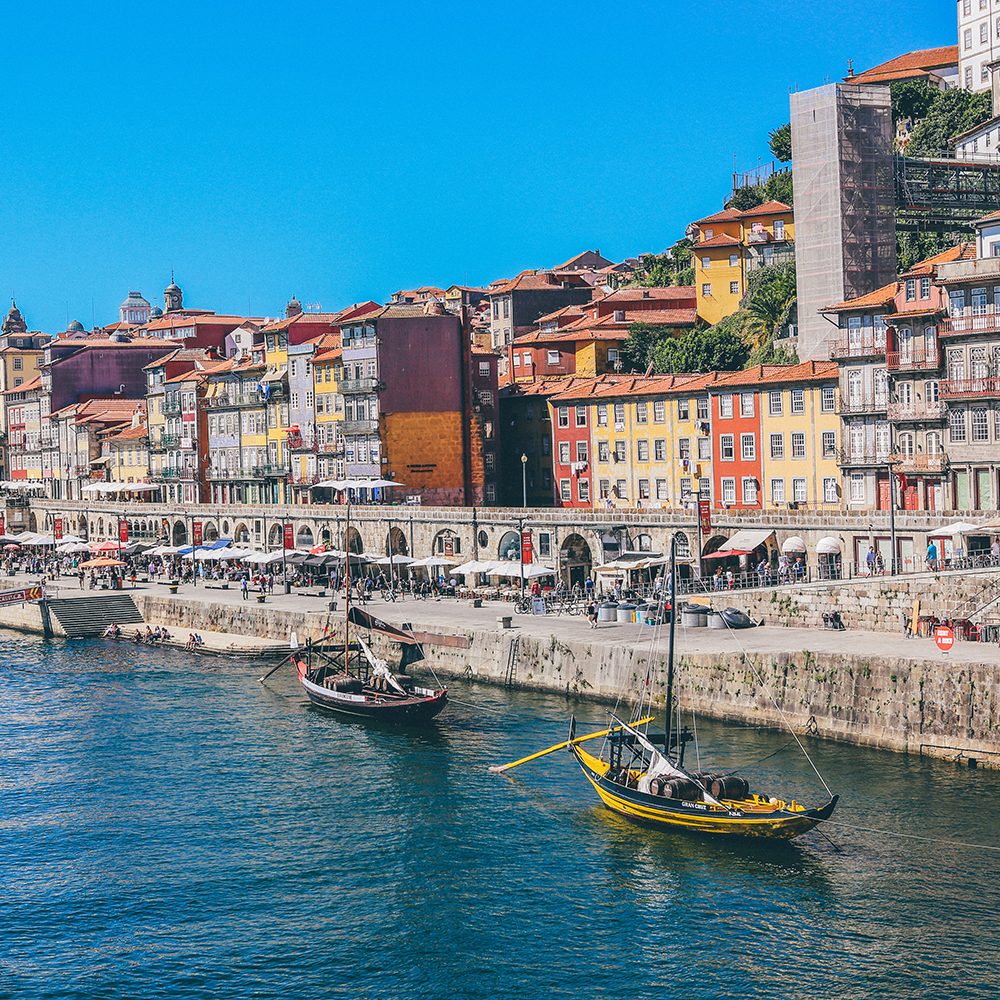
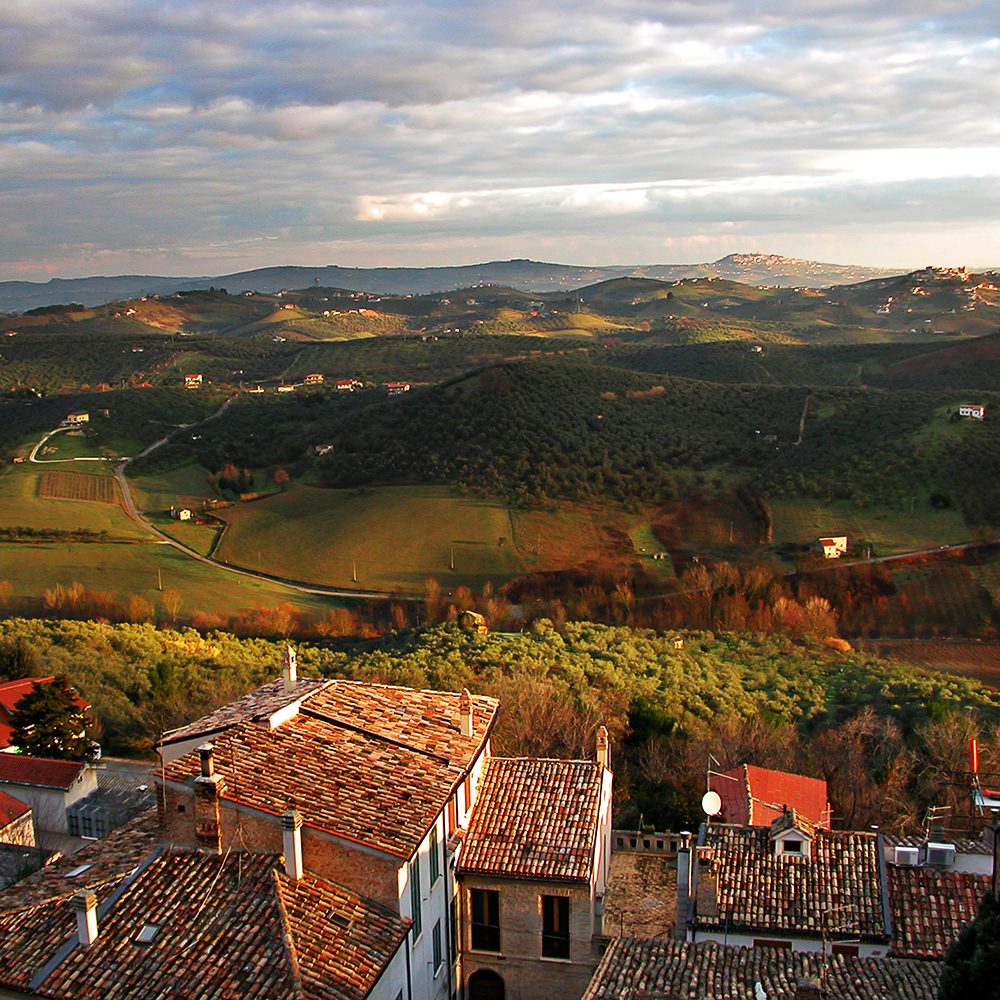
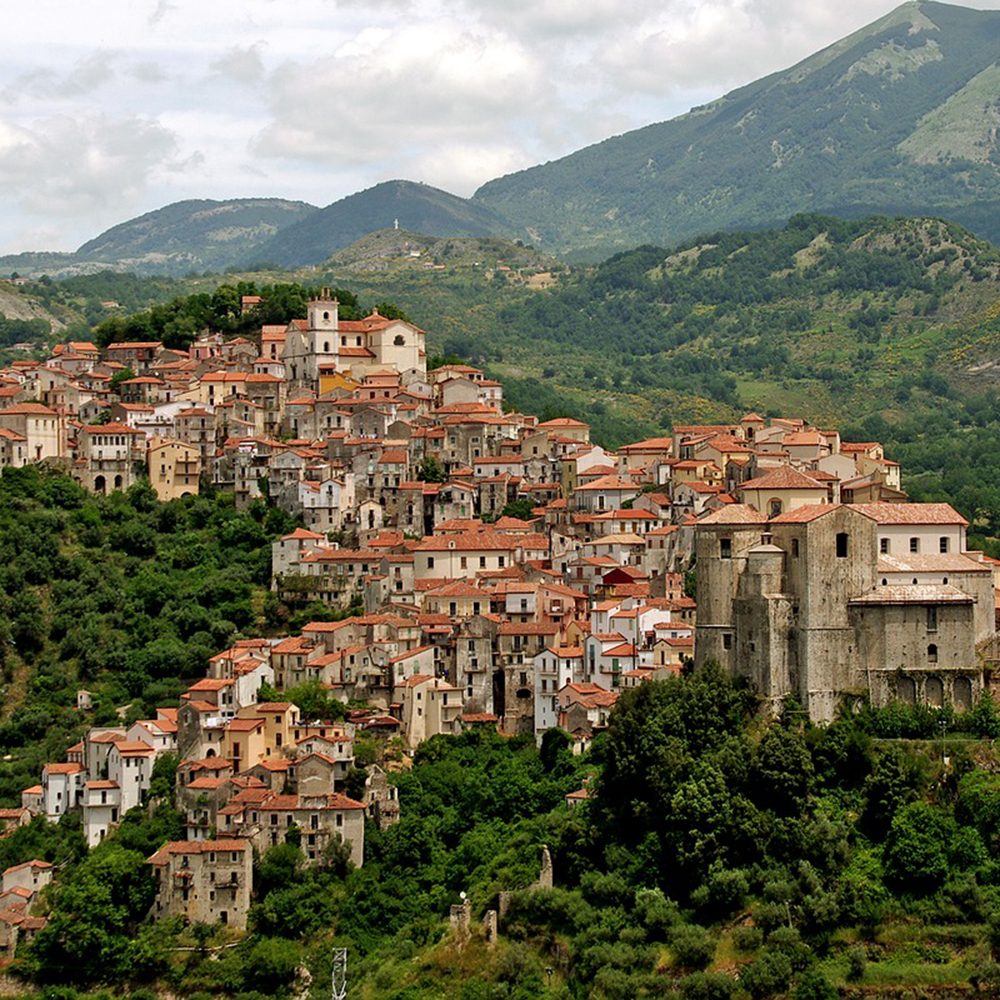
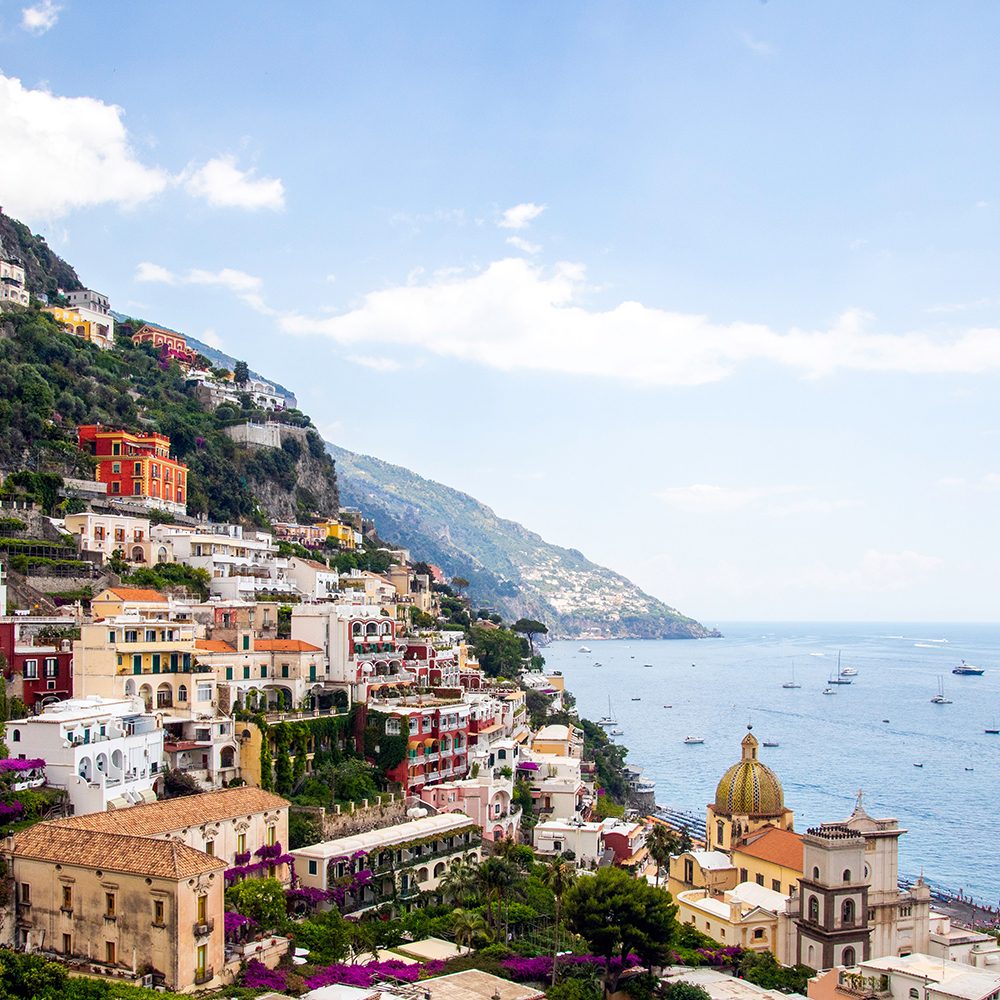
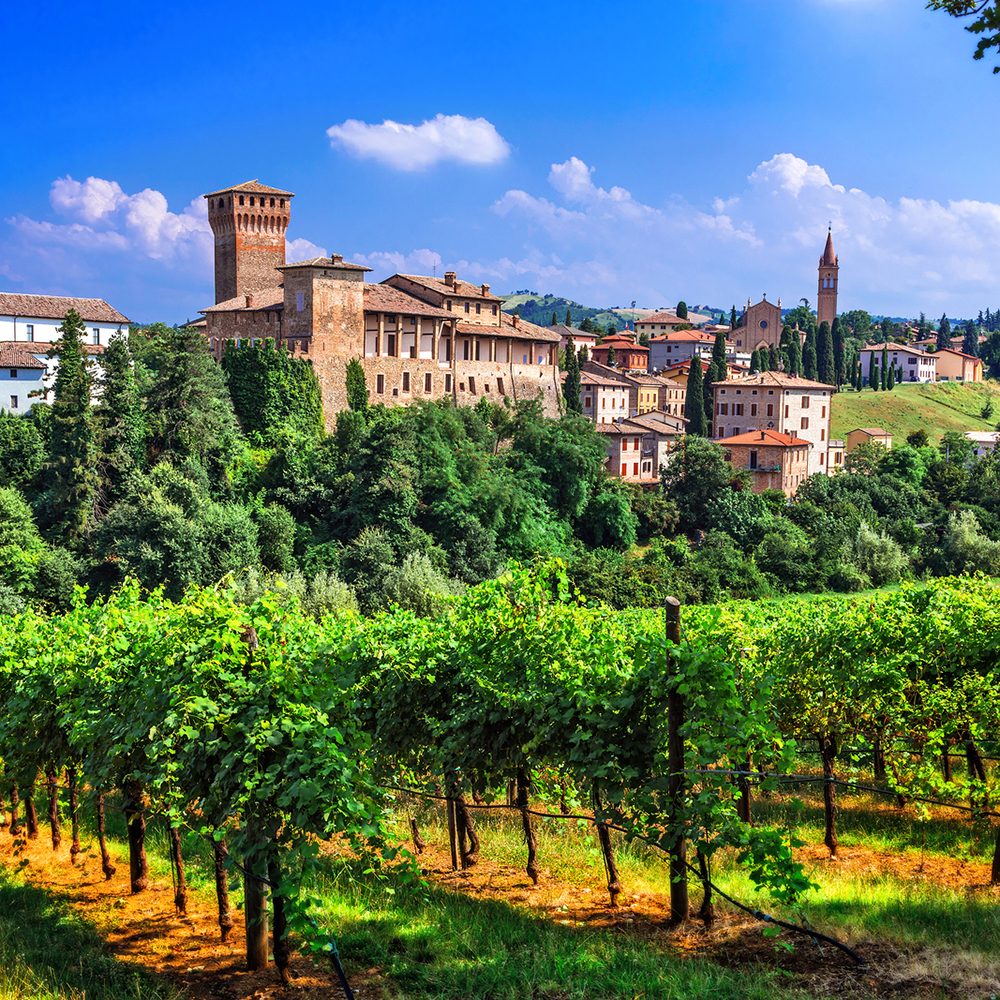
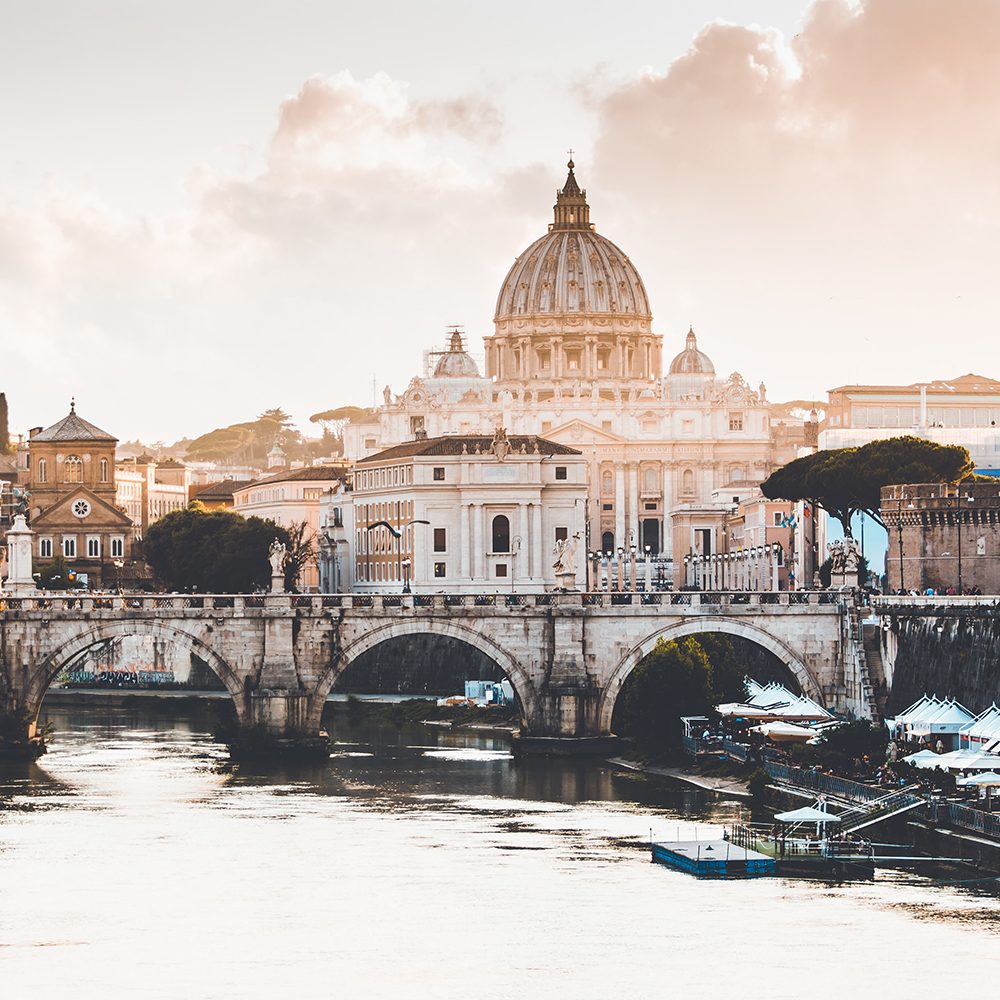
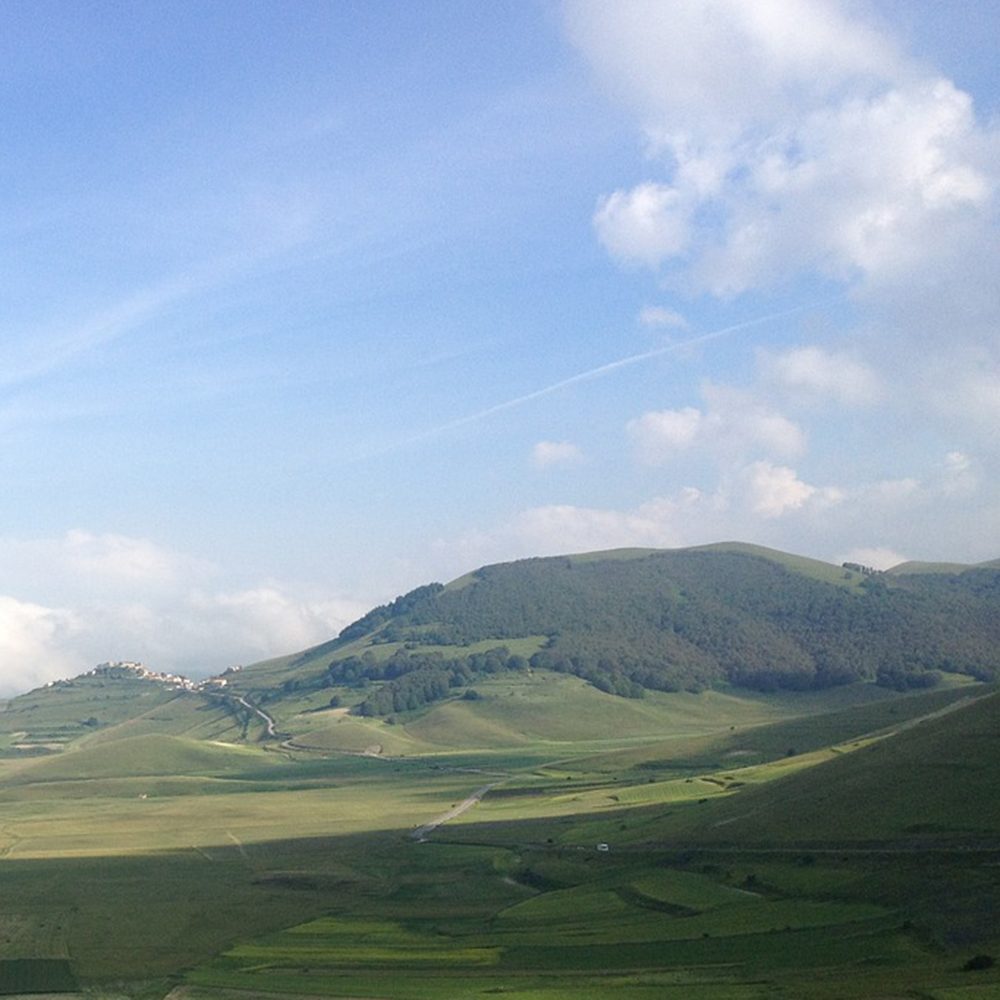
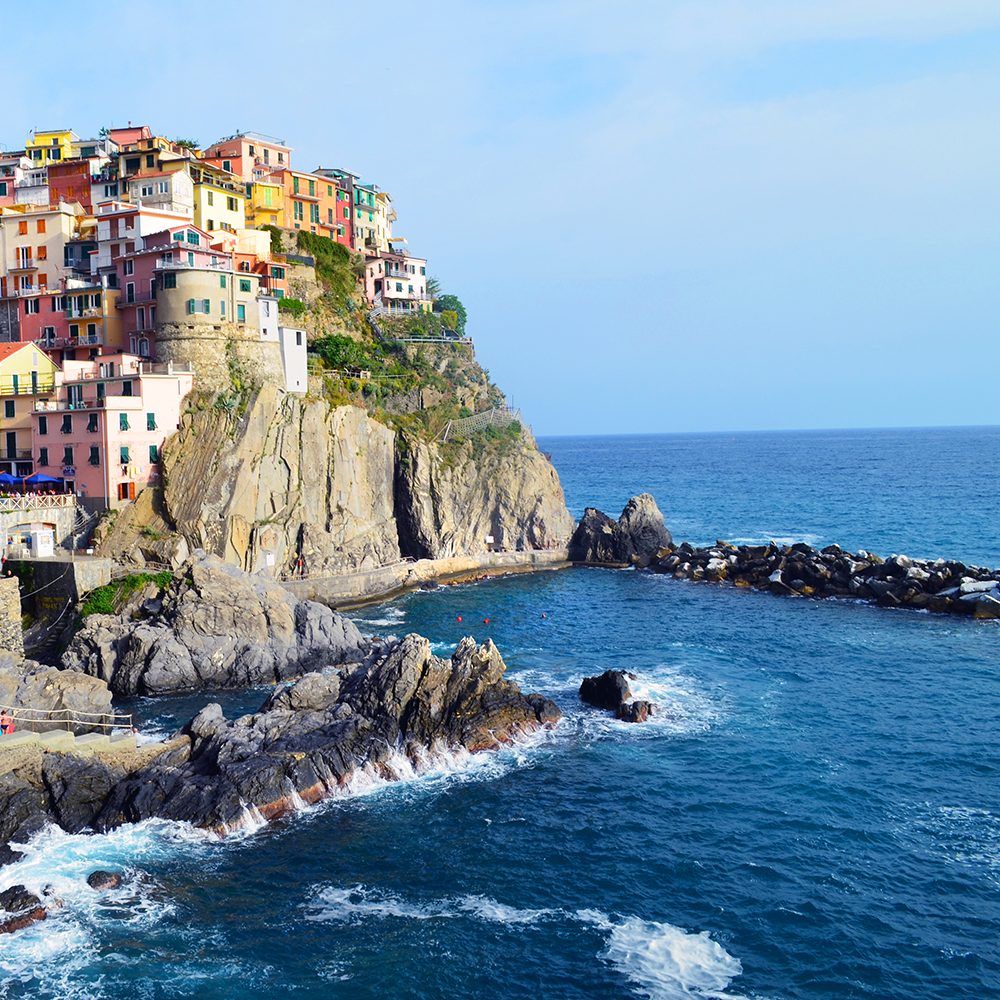
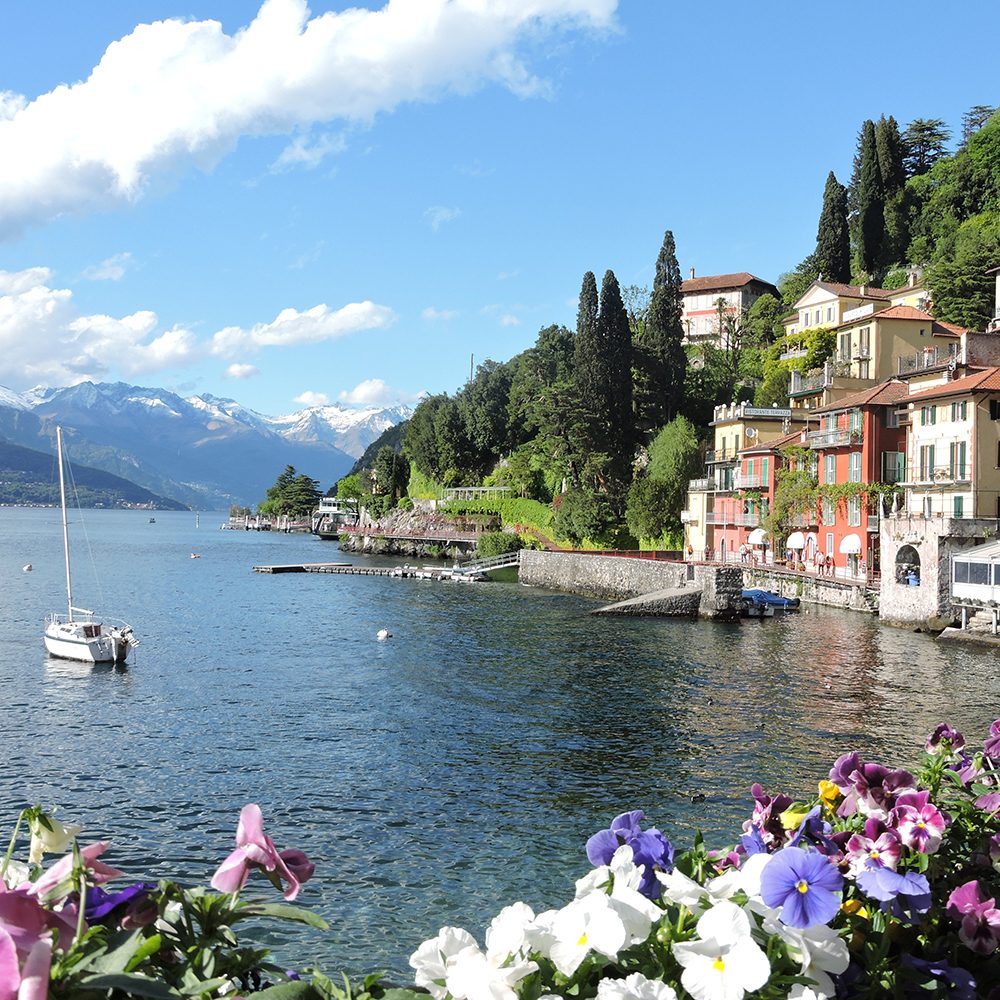
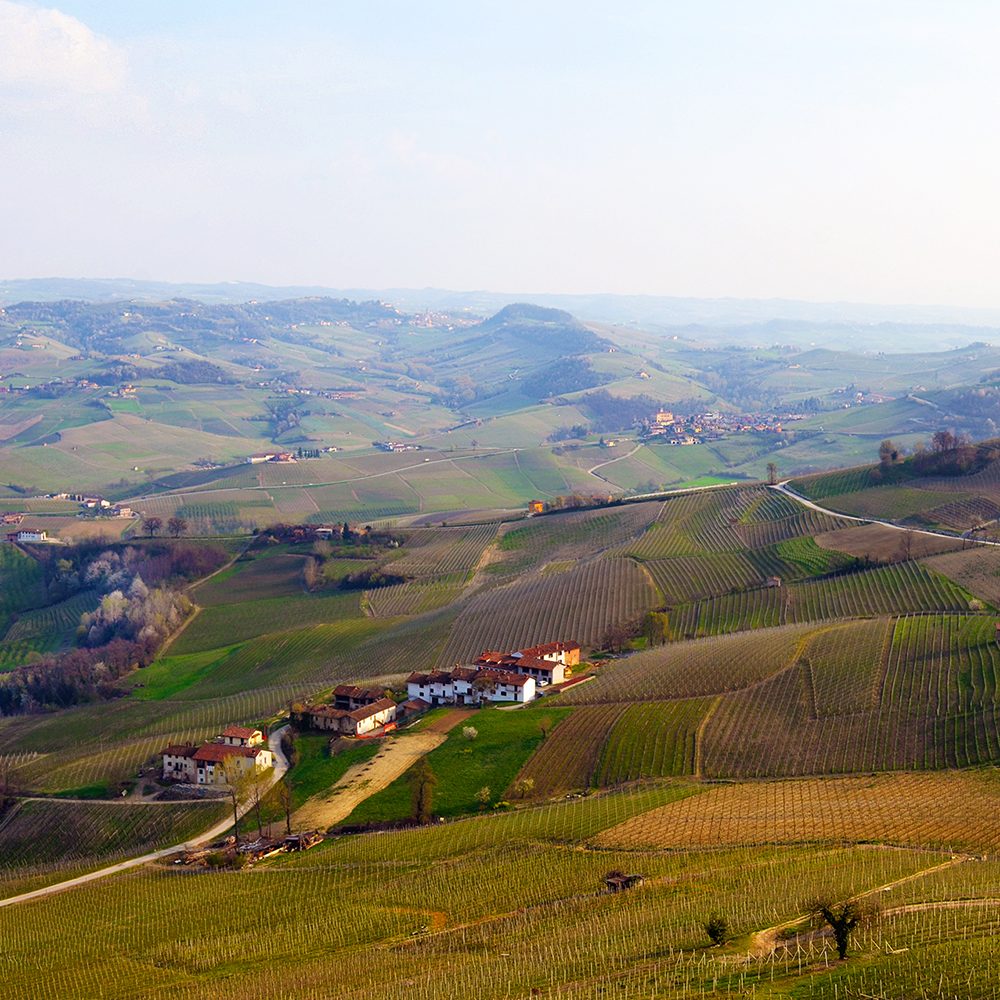
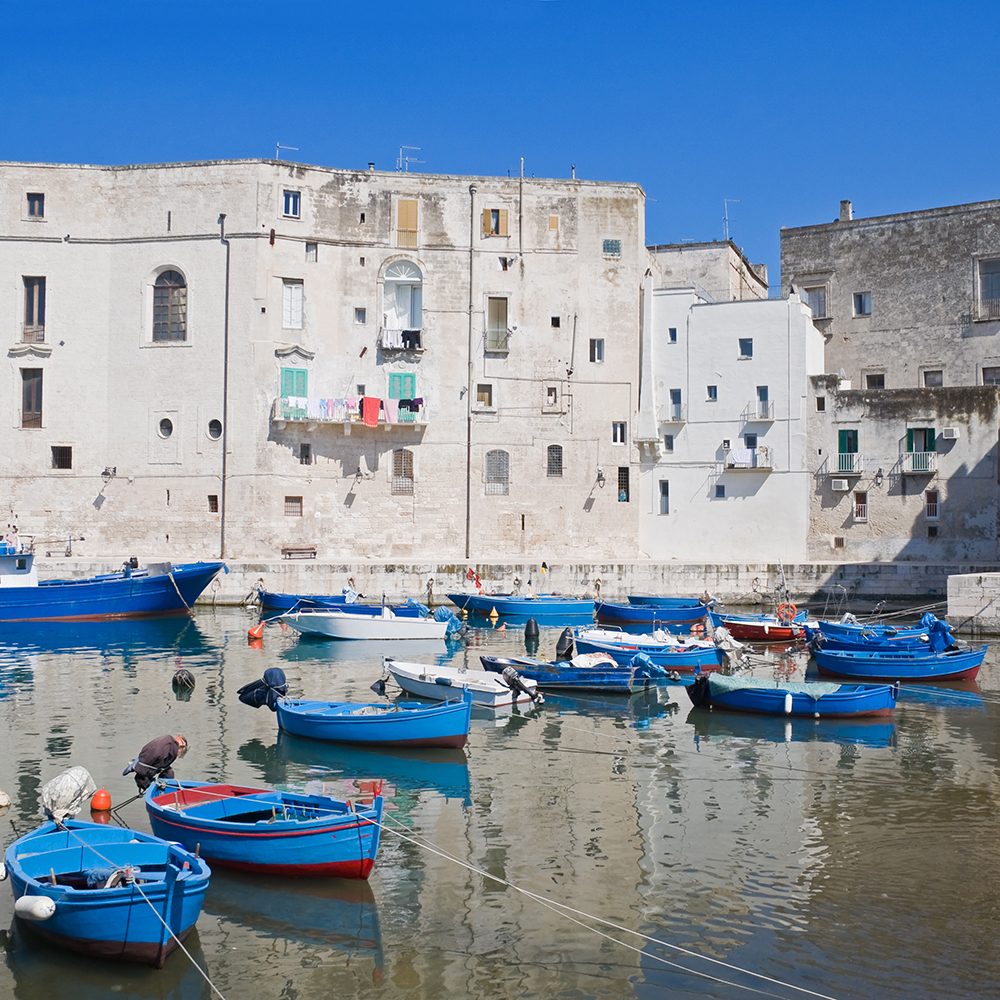
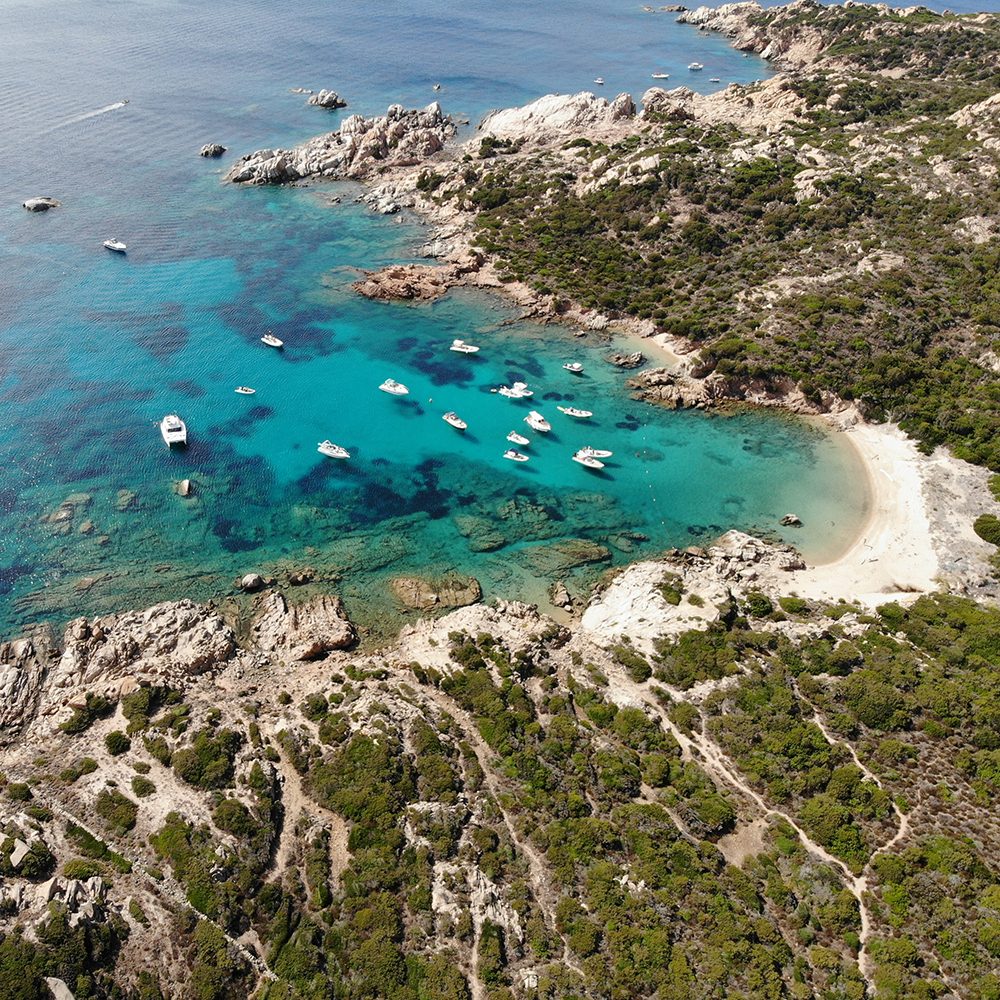
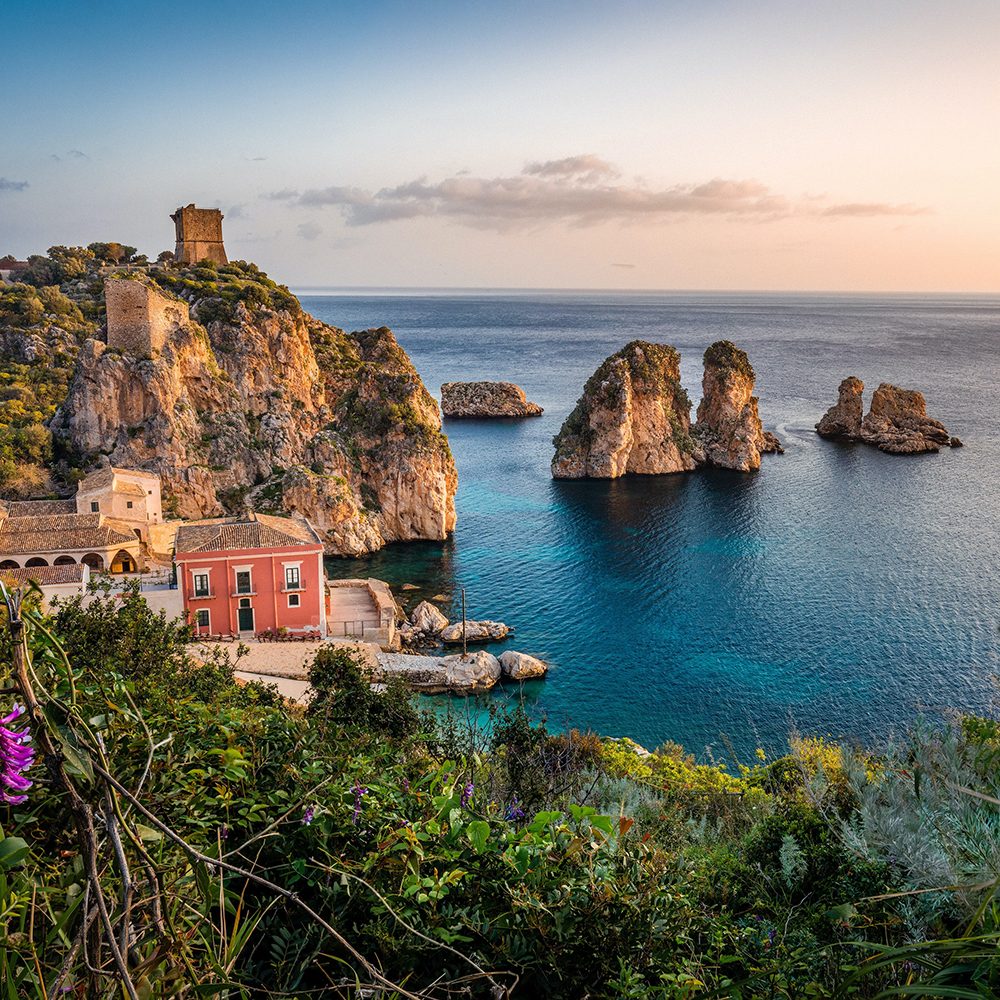
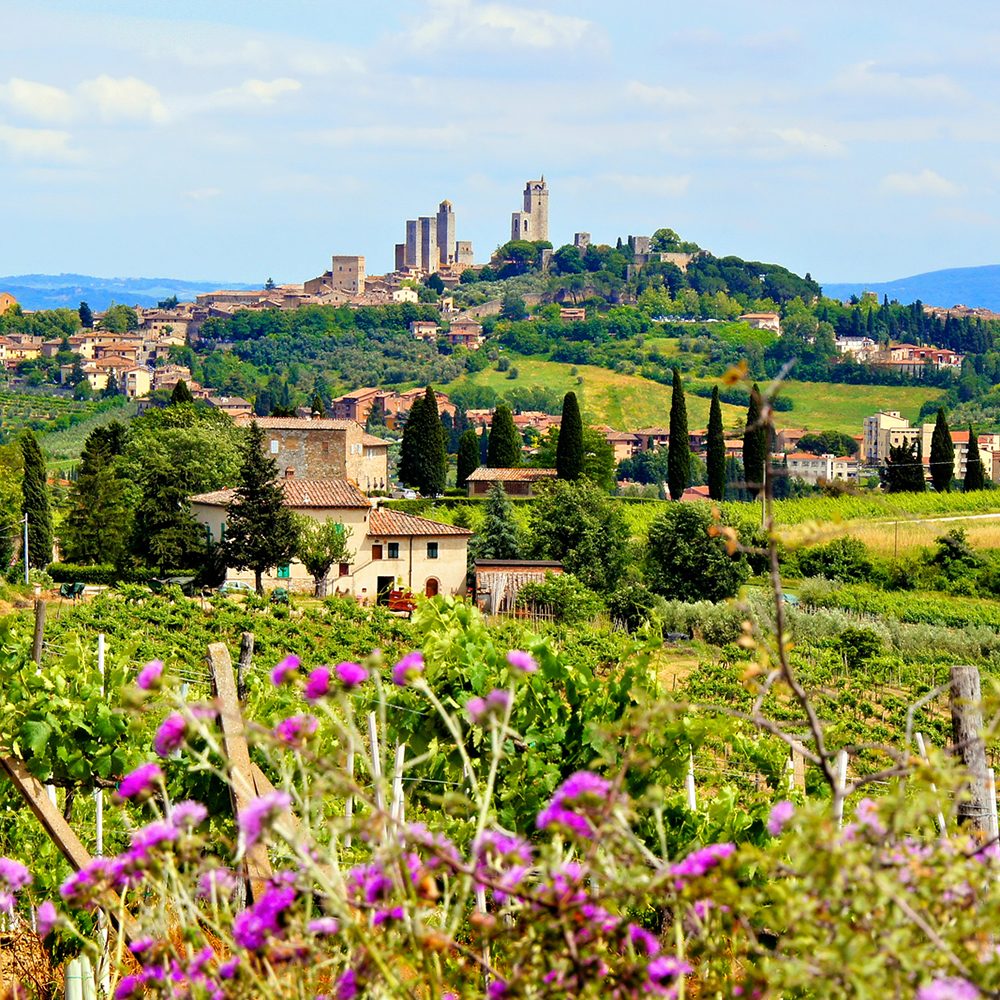
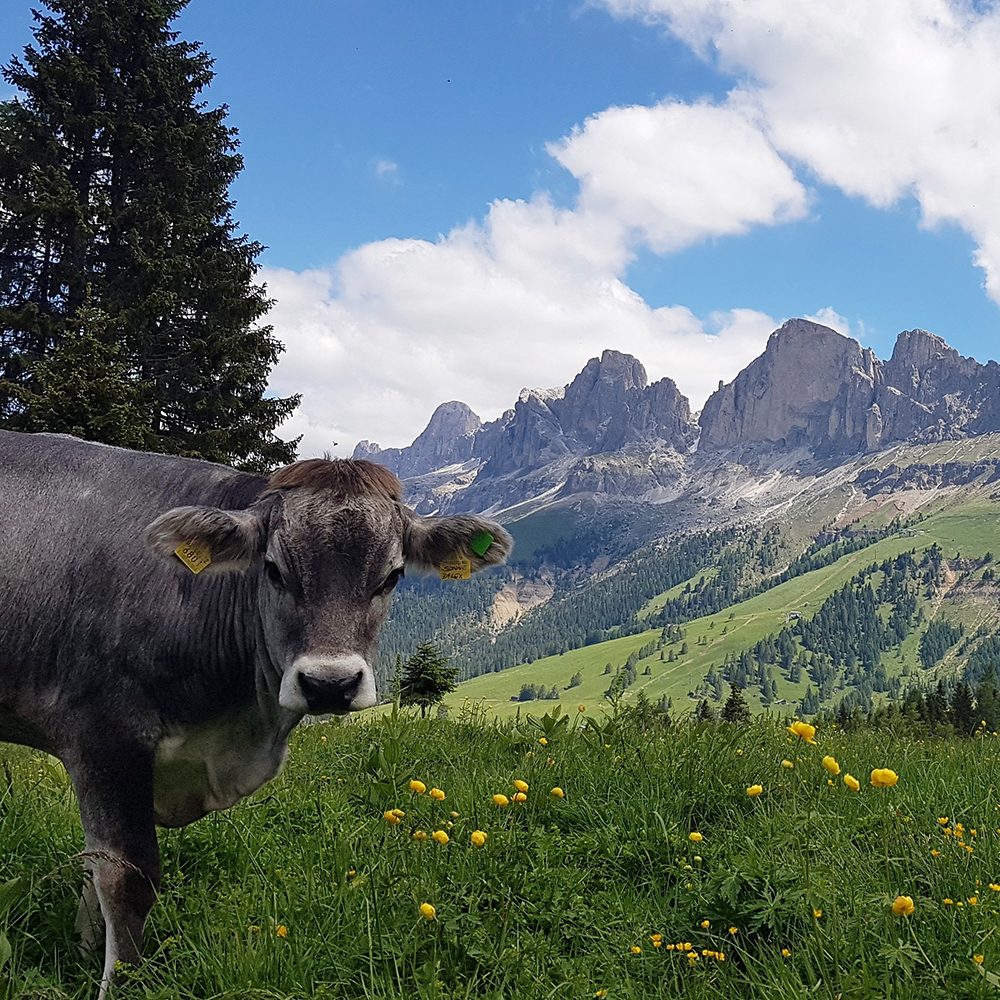
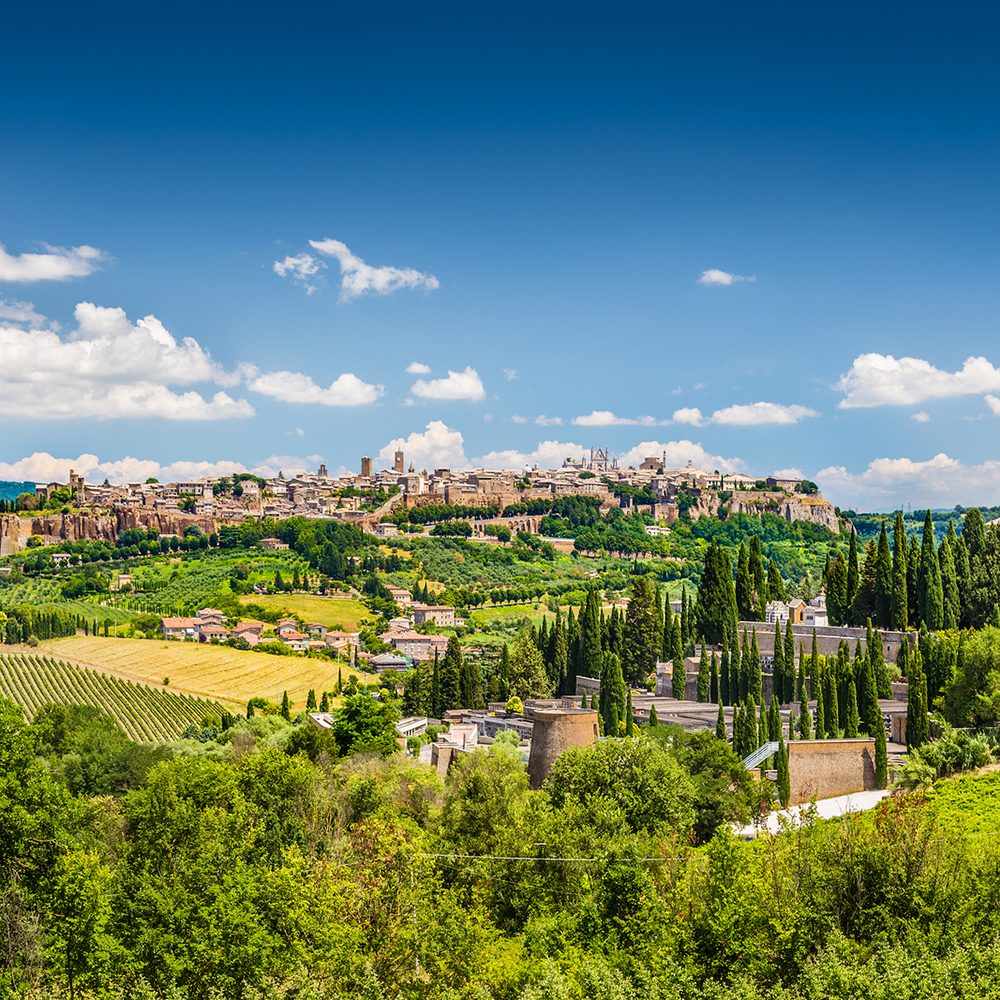
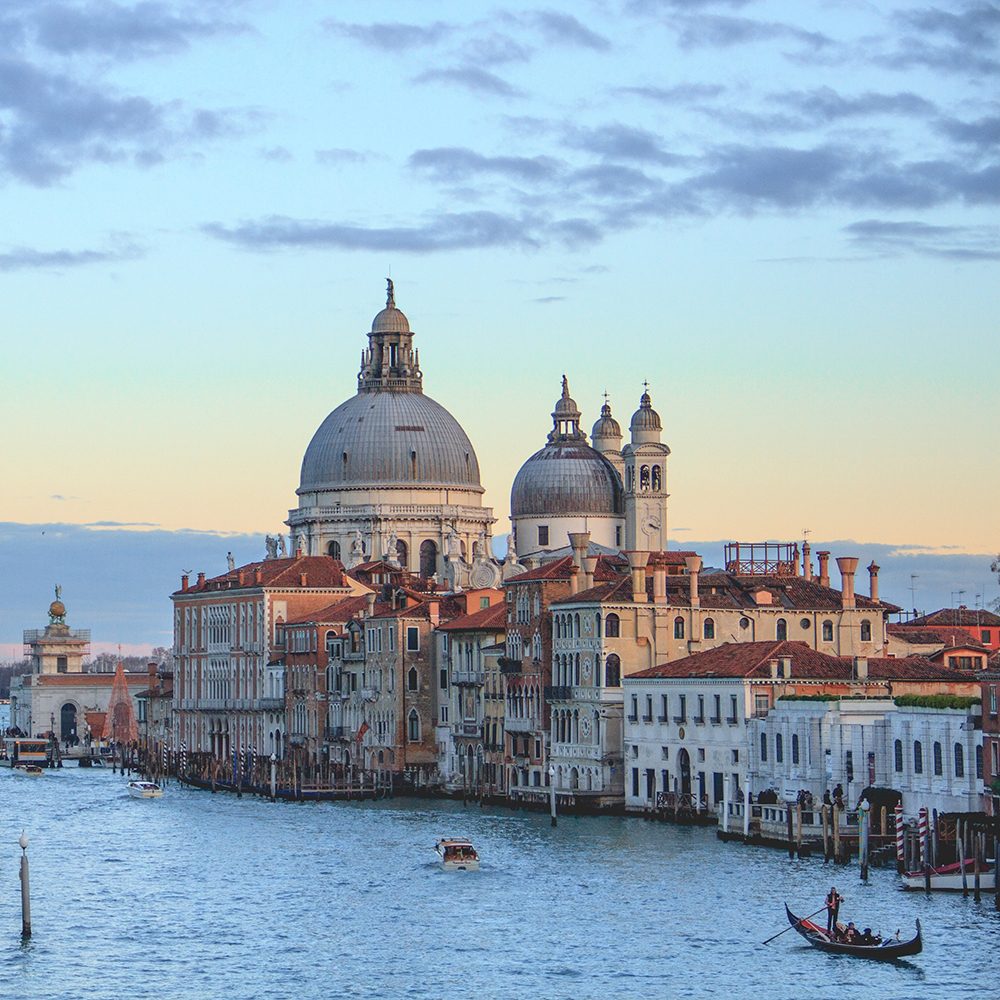
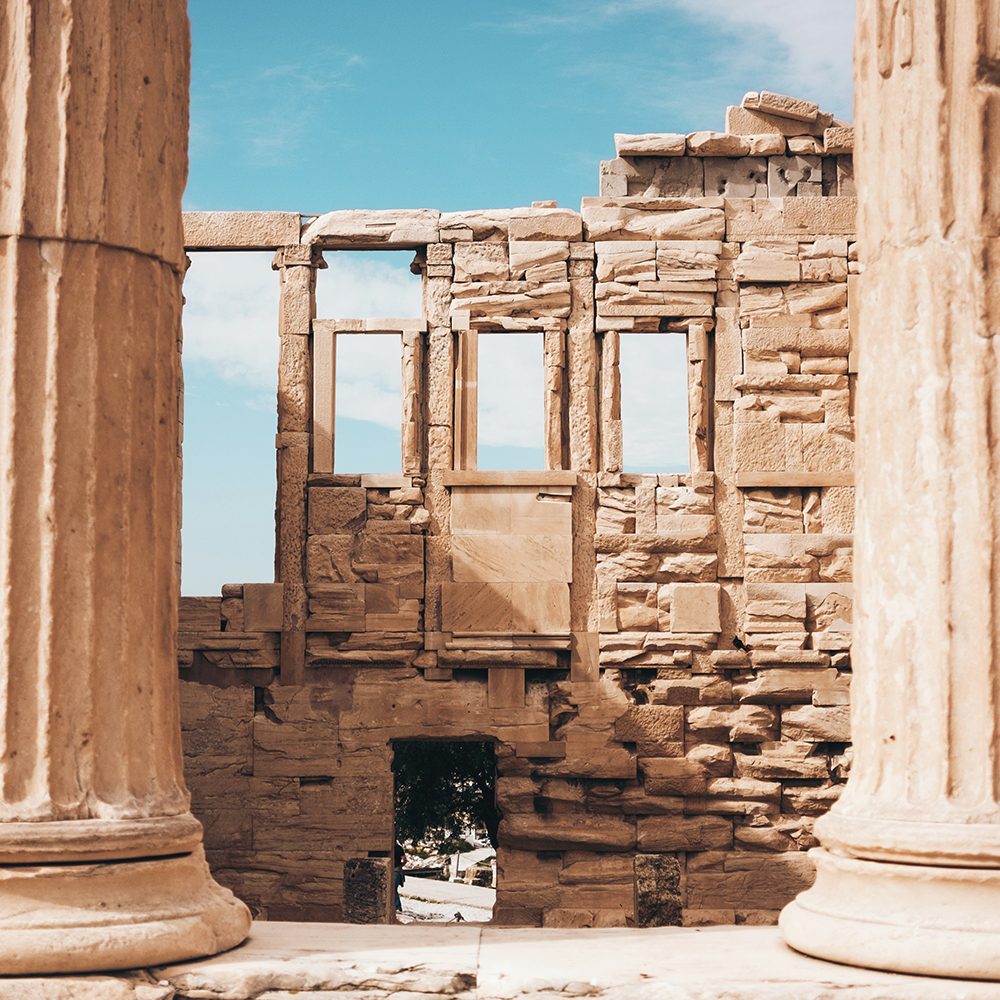
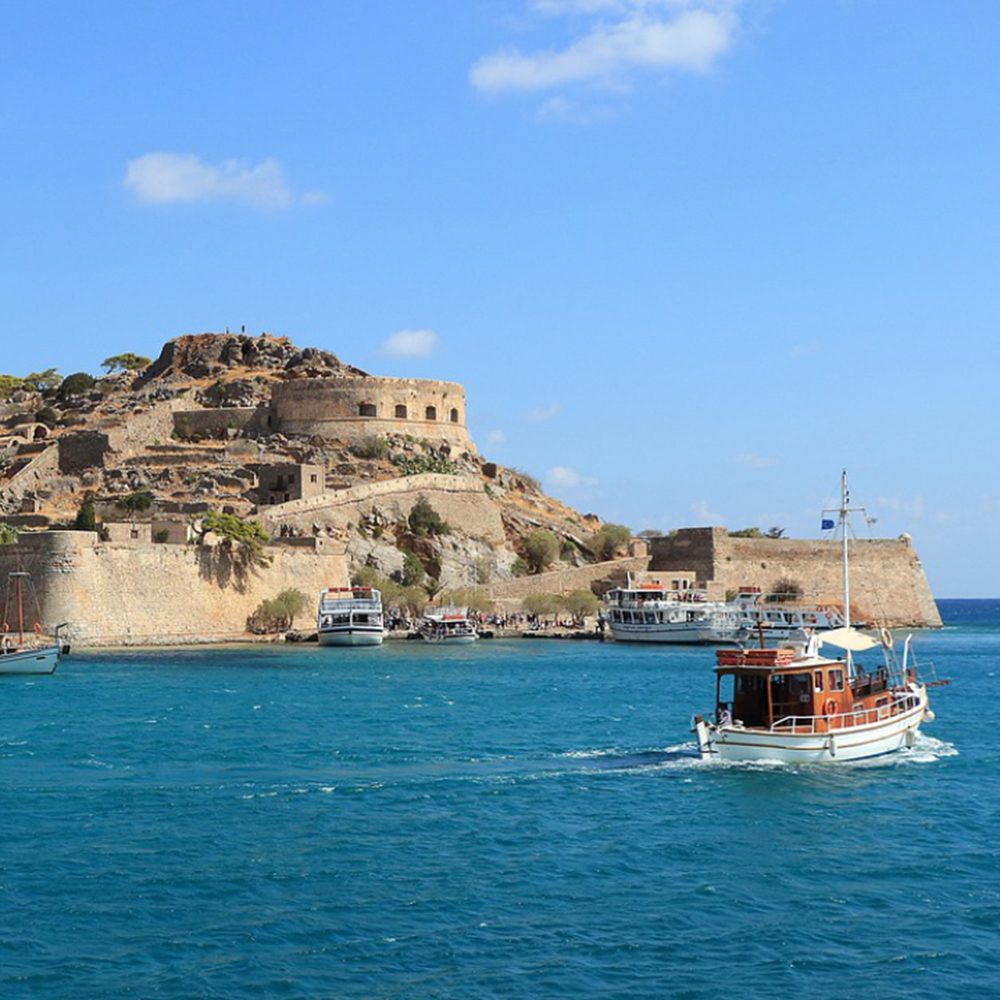
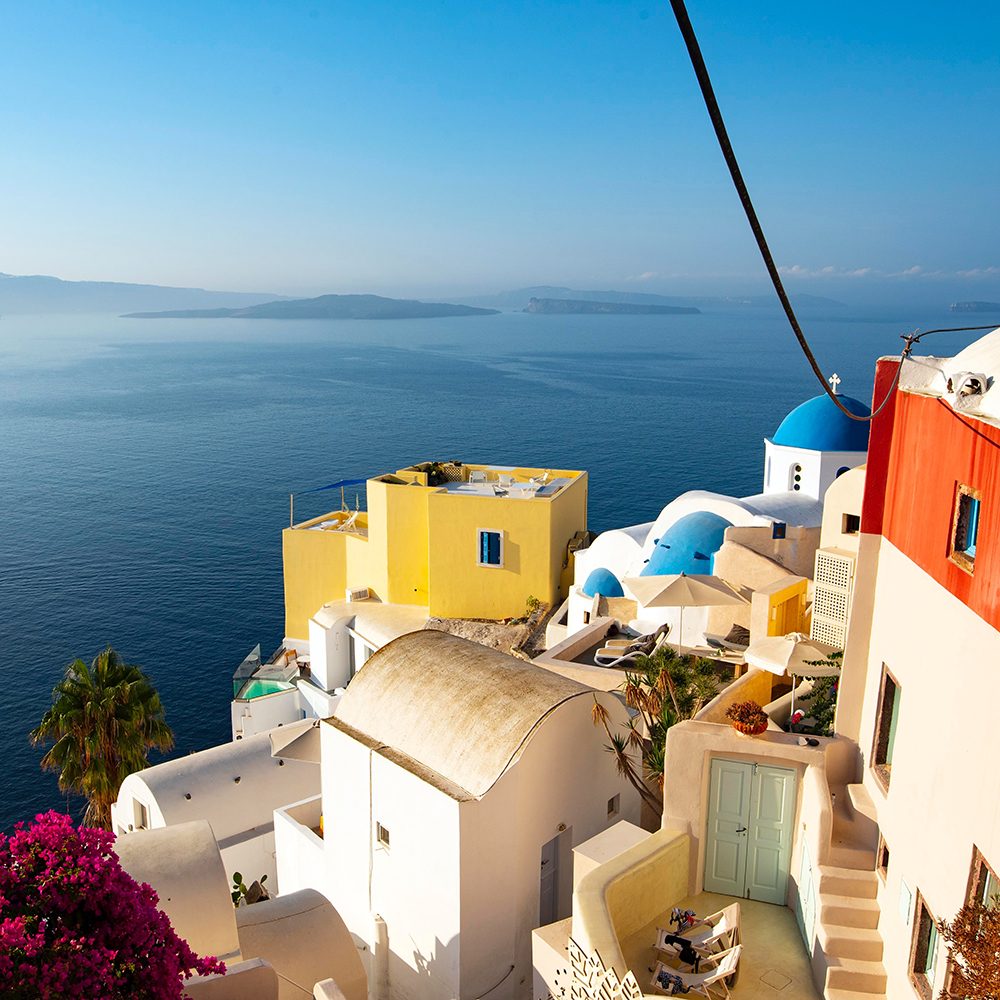
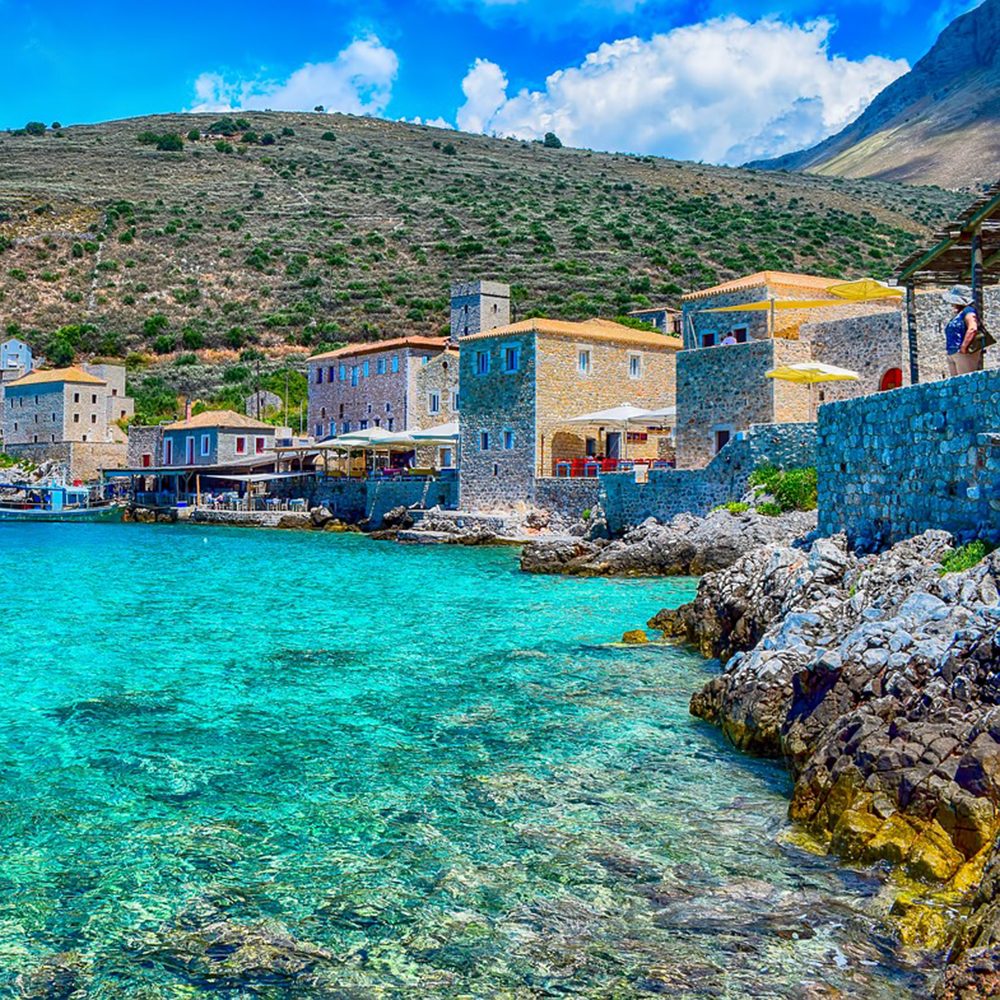
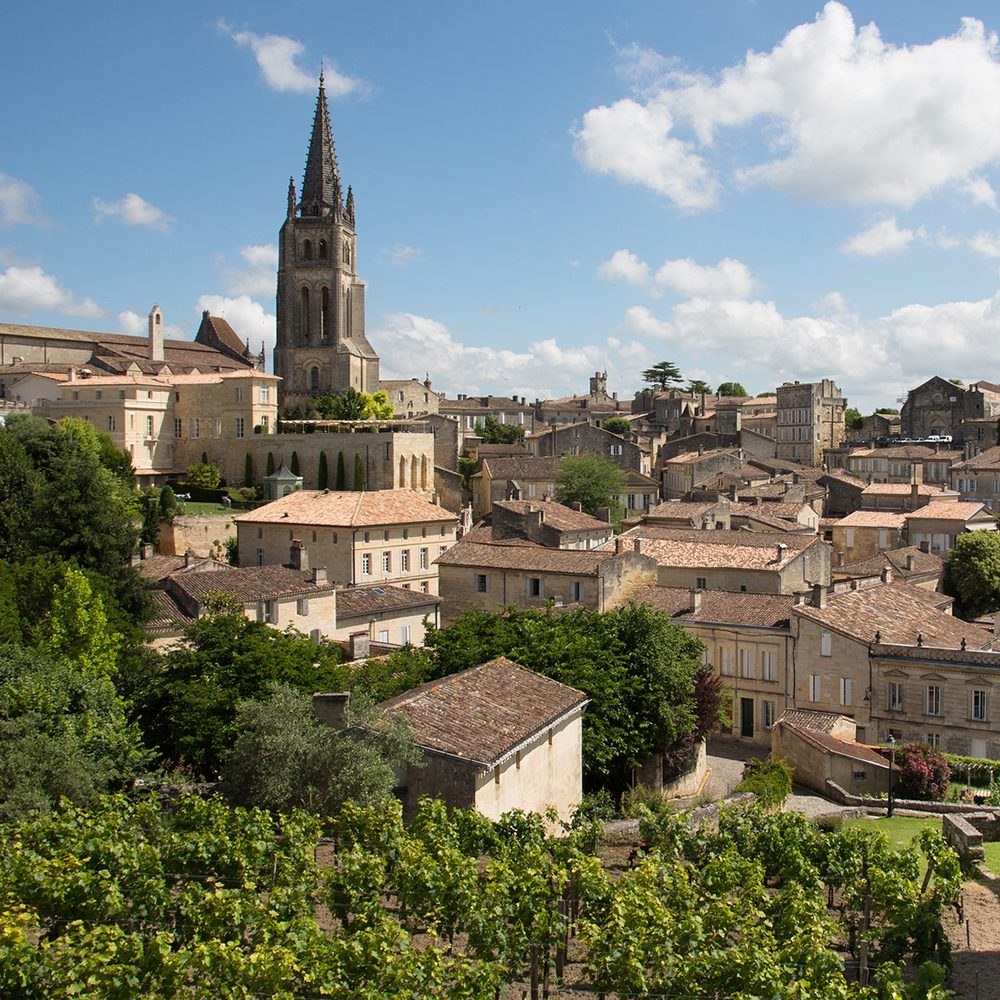
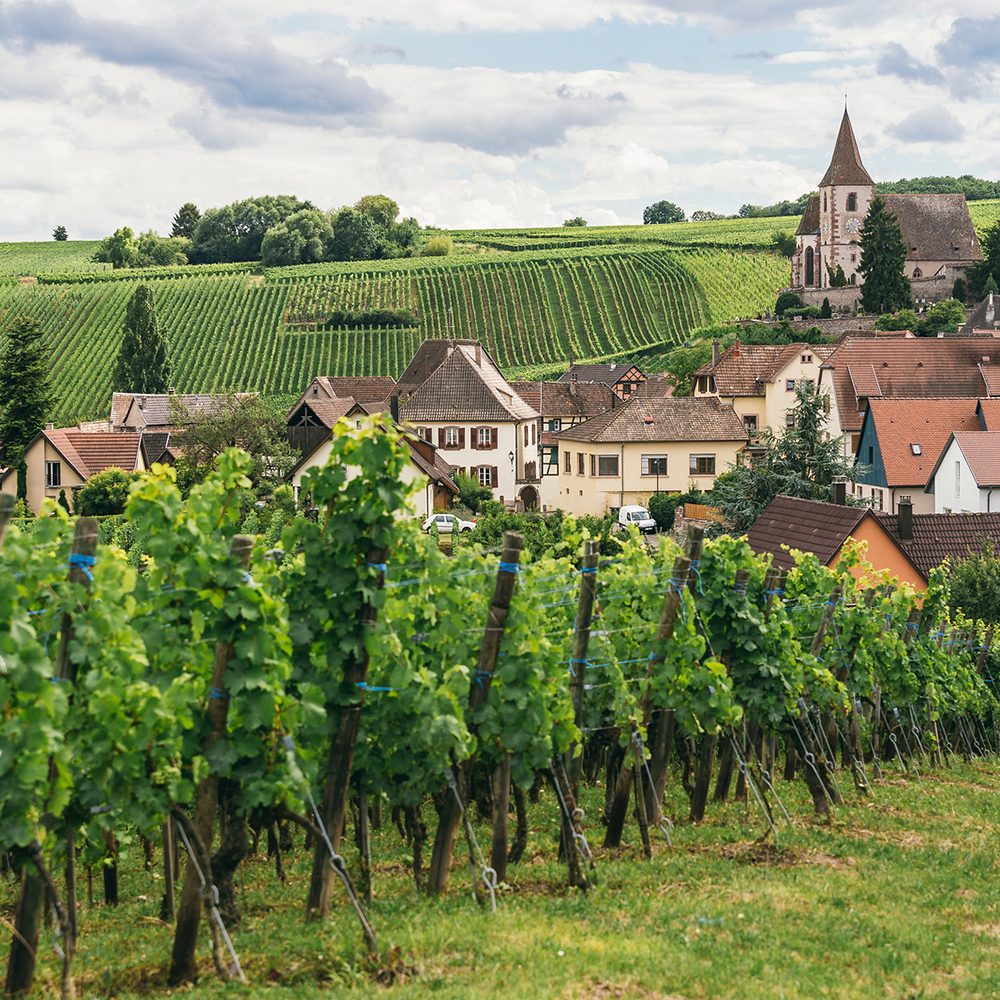
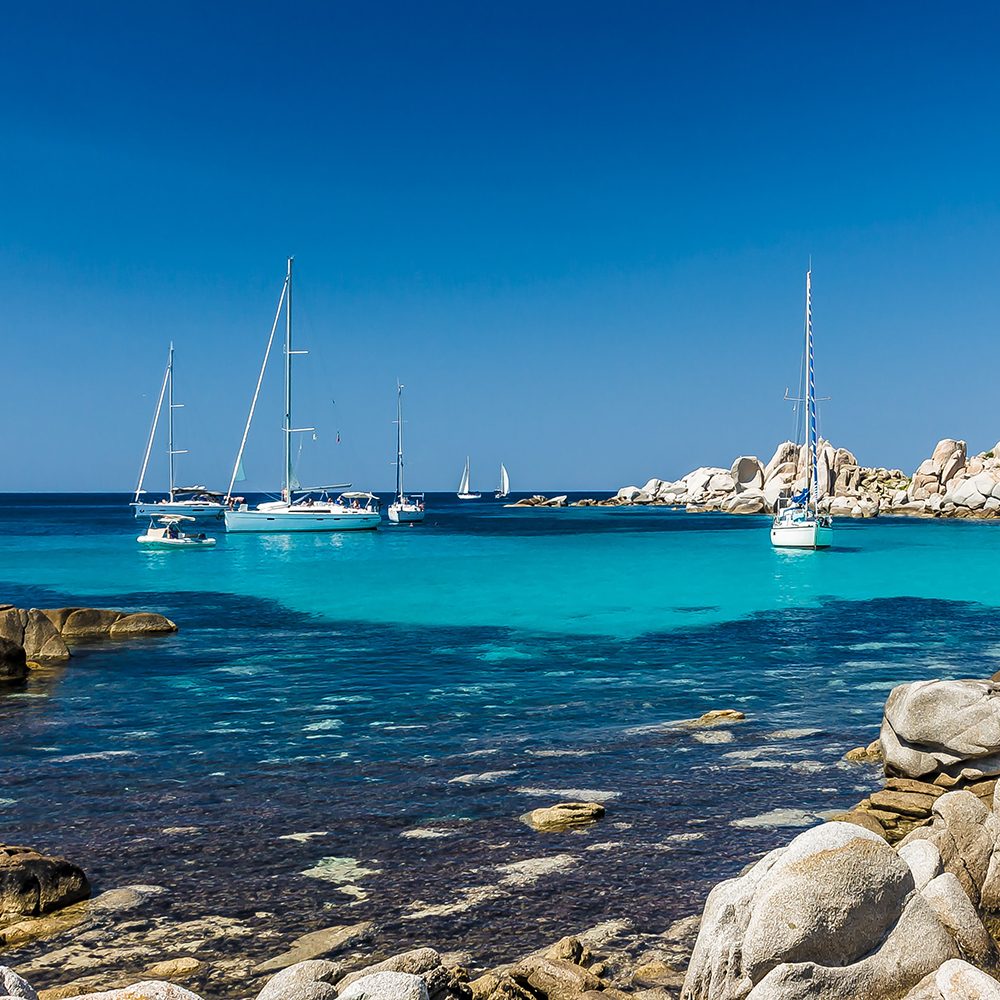
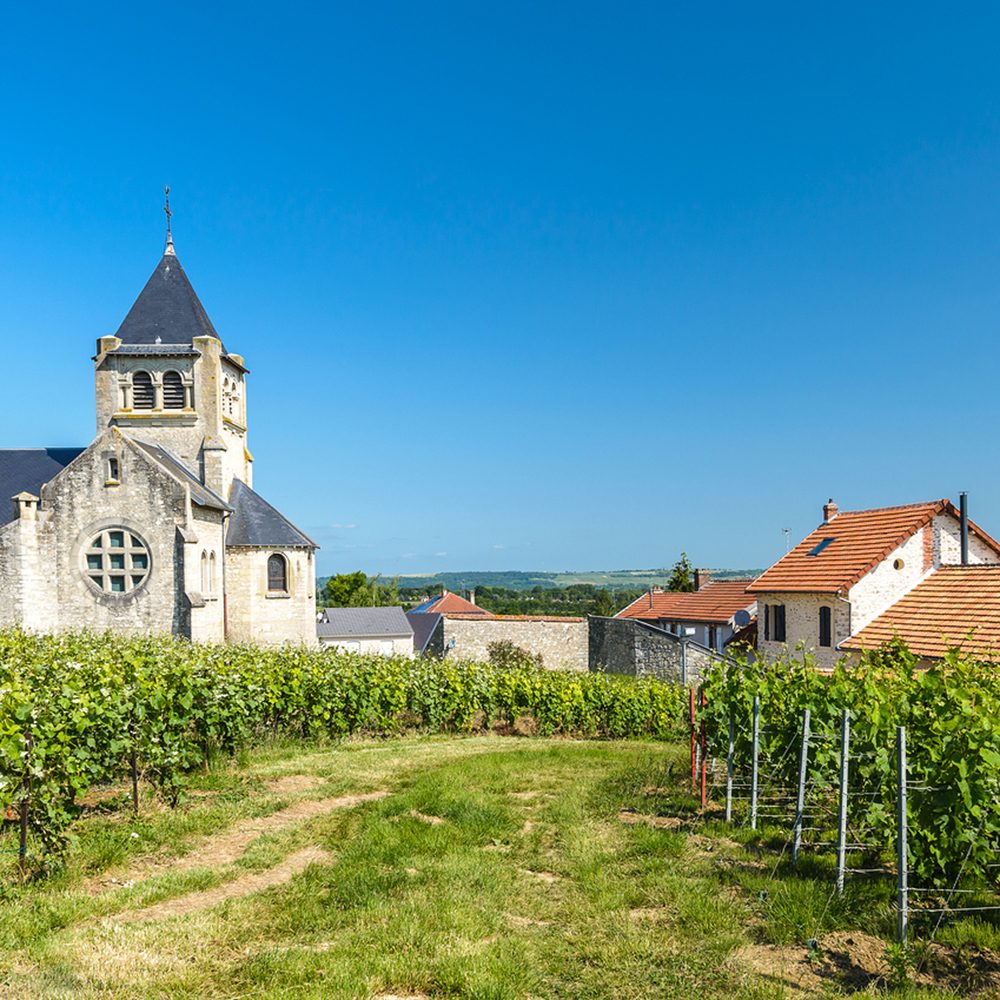
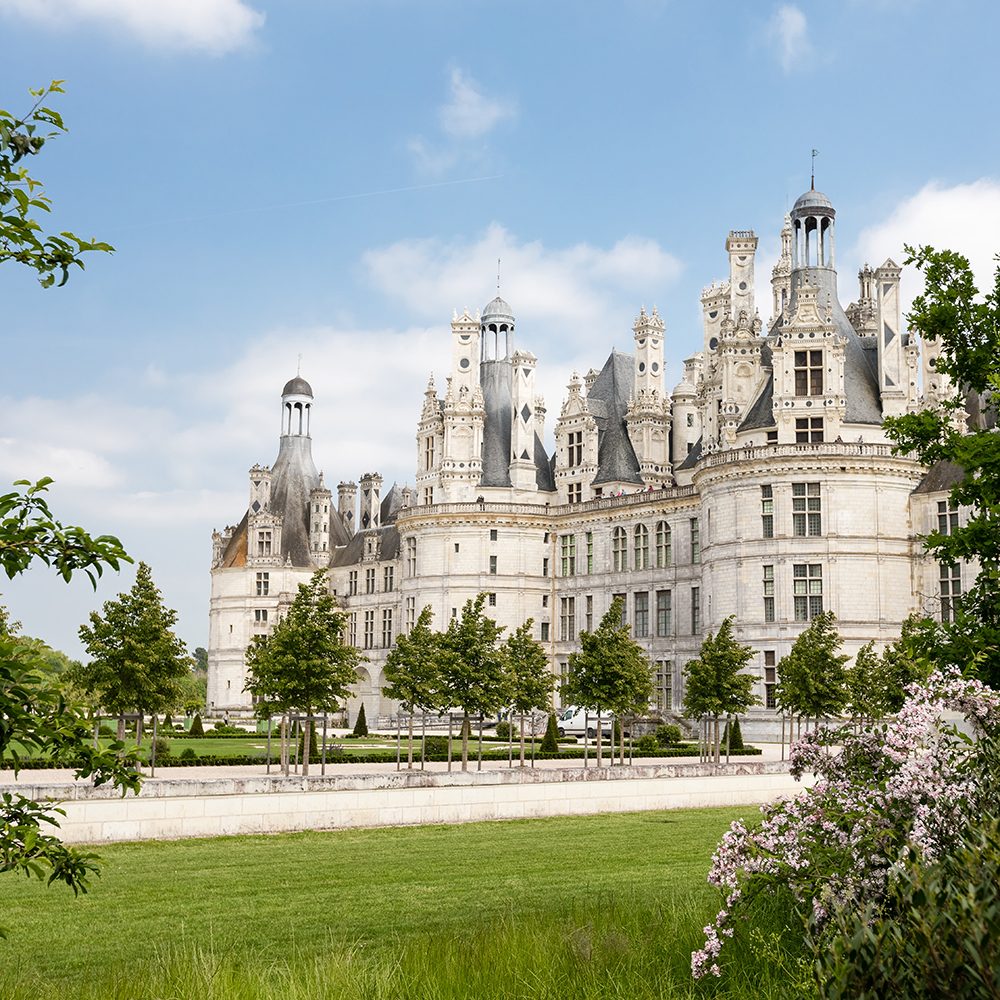
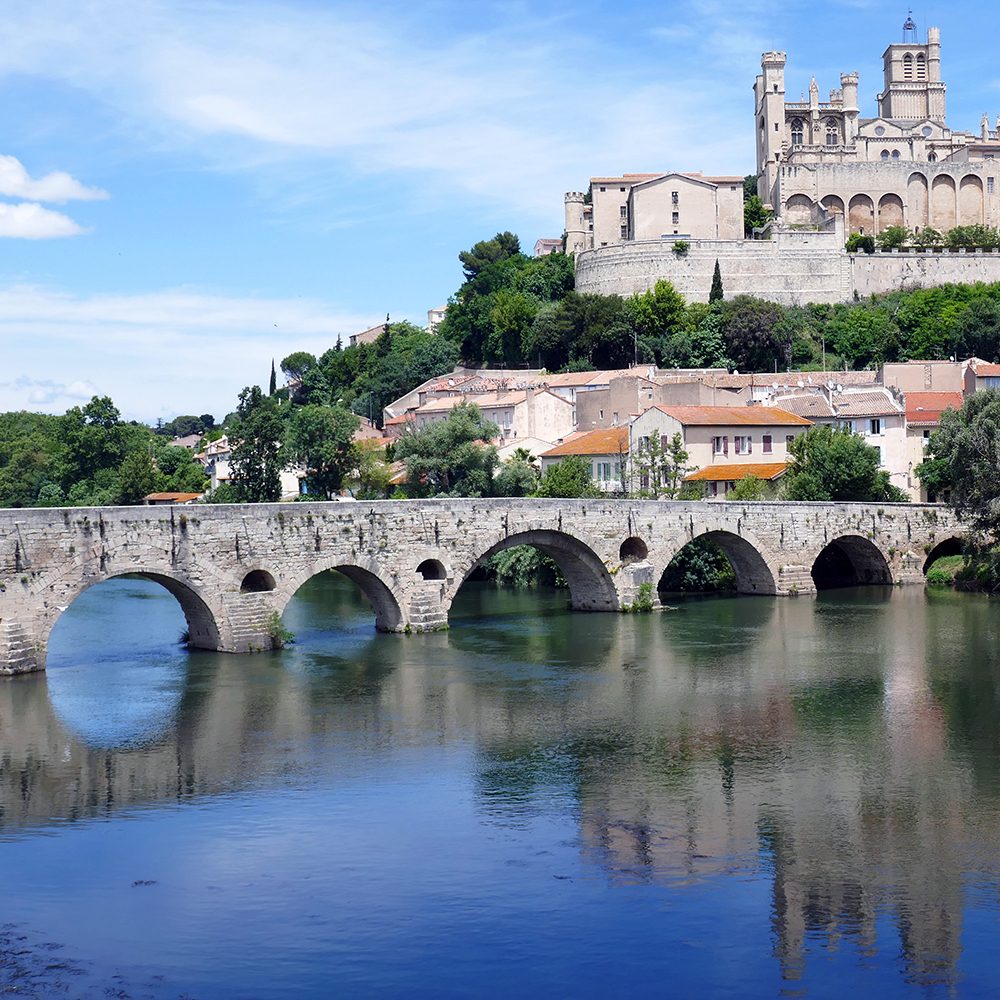
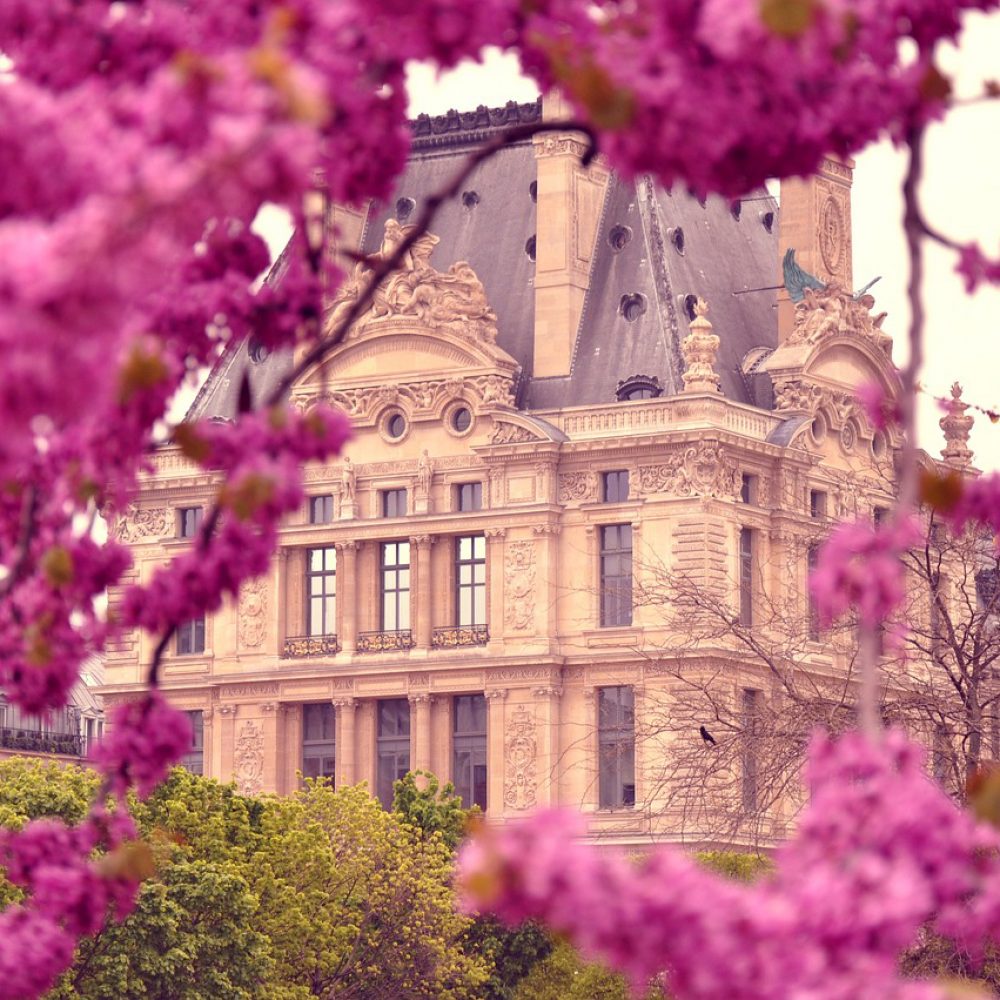
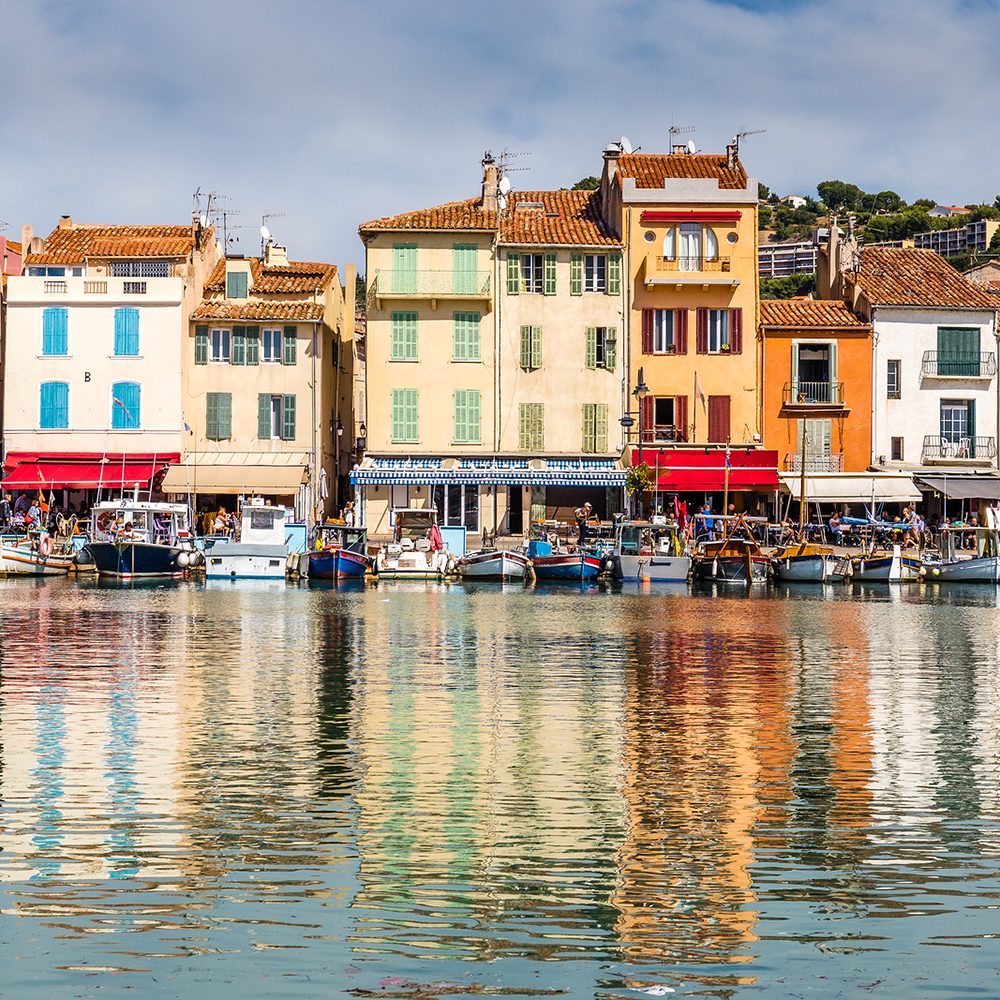
Pingback: Flavors of Liguria | The Bred Blog
Pingback: Spring Inspiration: Springtime Events in Italy
Pingback: Bred Bite: Liguria | The Bred Blog
Pingback: Vernazza: A Quaint Corner of Cinque Terre | The Bred Blog
Pingback: Bred Bite: Abruzzo | The Bred Blog
Pingback: Coastal Cuisine of the Italian Riviera | CountryBred | Handcrafted Cultural Journeys
Pingback: Genoa, Cinque Terre & Italy
Pingback: Spring Inspiration: Springtime Events in Italy - CountryBred
Pingback: Flavors of Liguria - CountryBred
Pingback: Vernazza: A Quaint Corner of Cinque Terre - CountryBred
Pingback: Bred Bite: Liguria - CountryBred